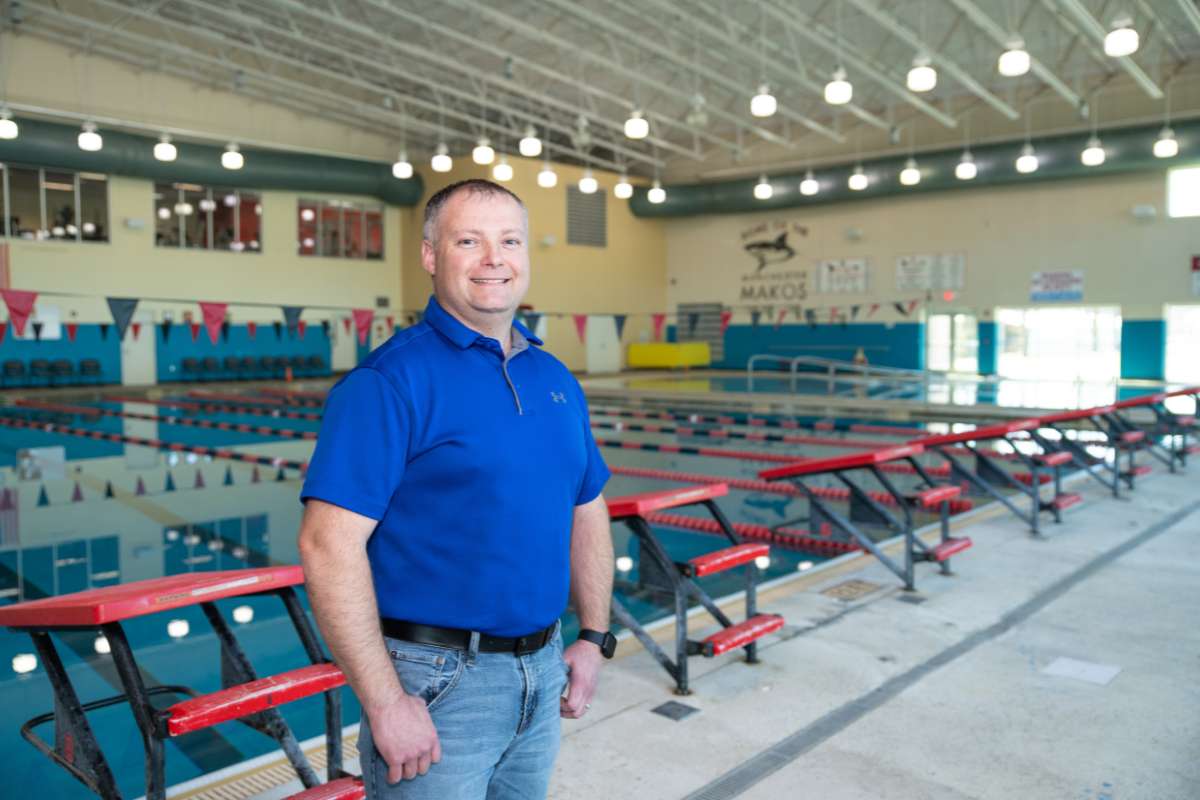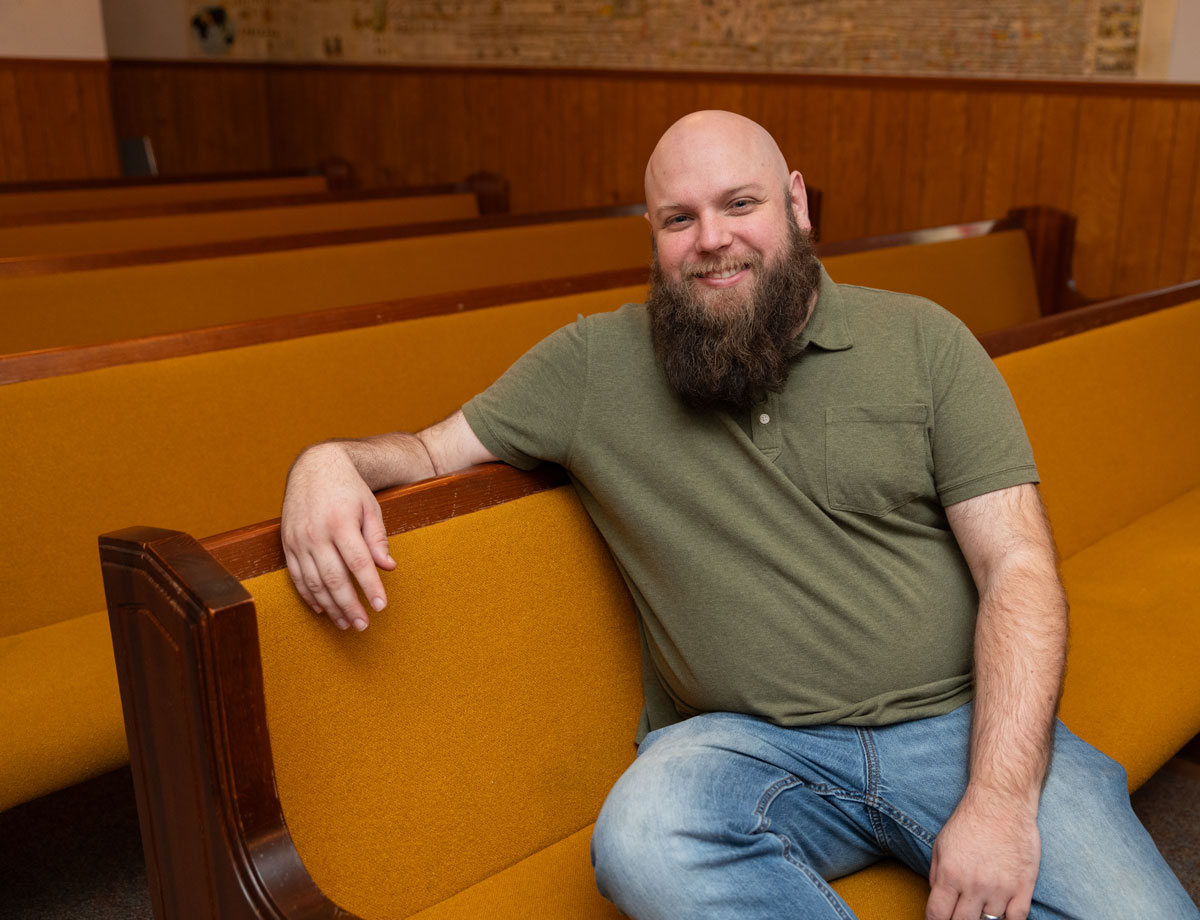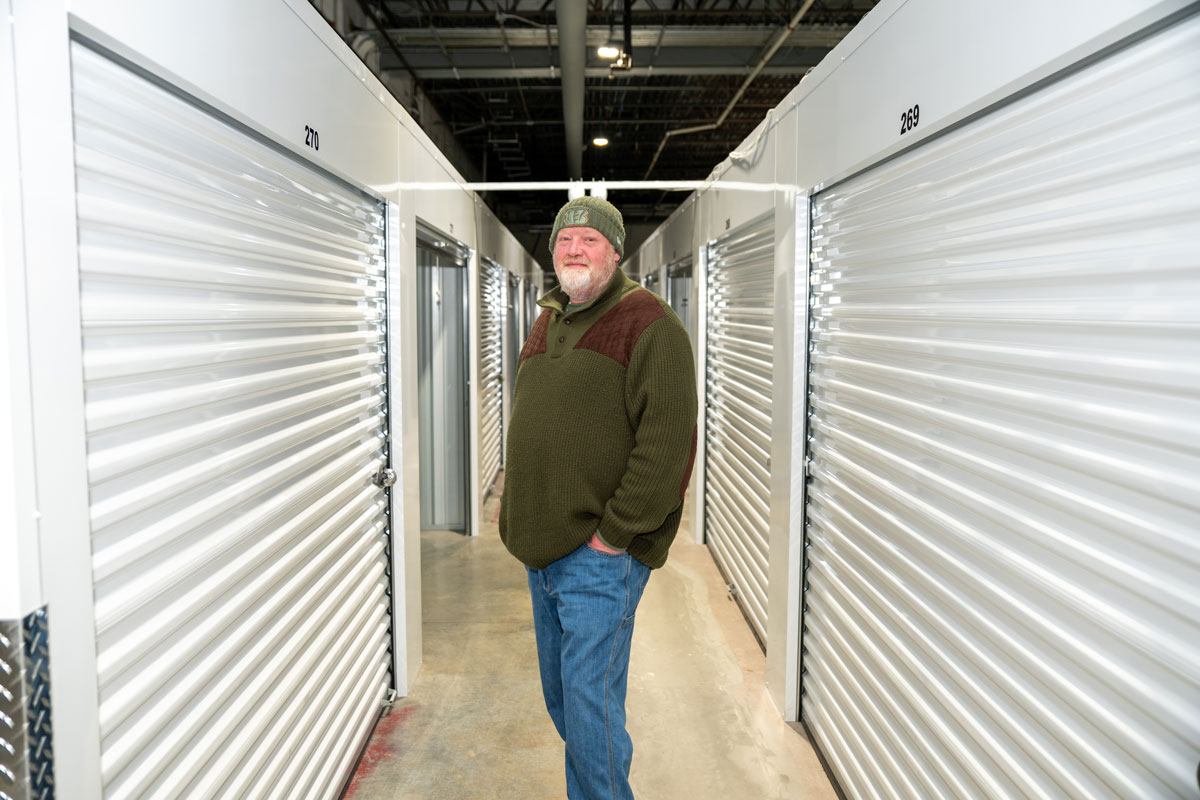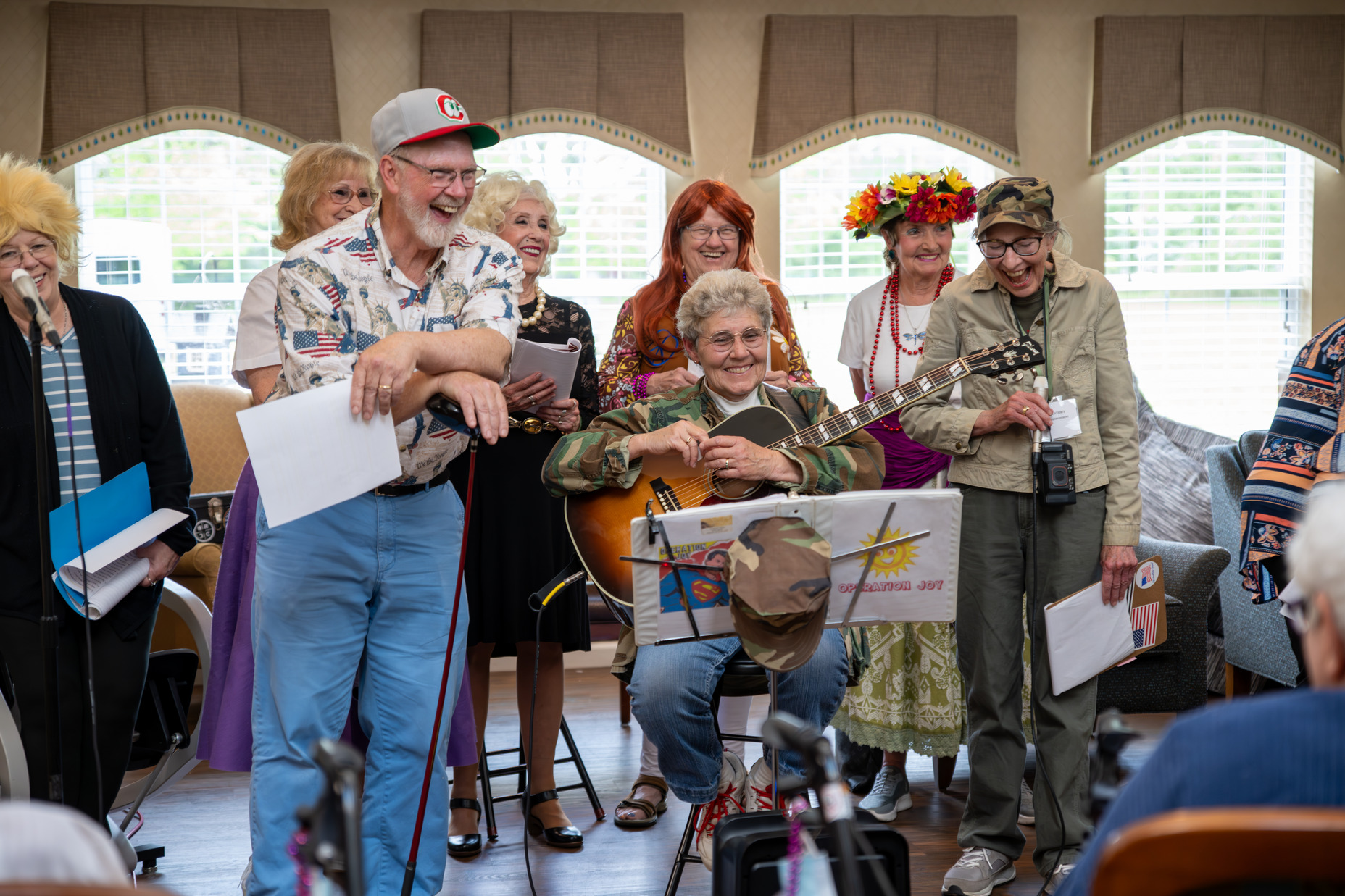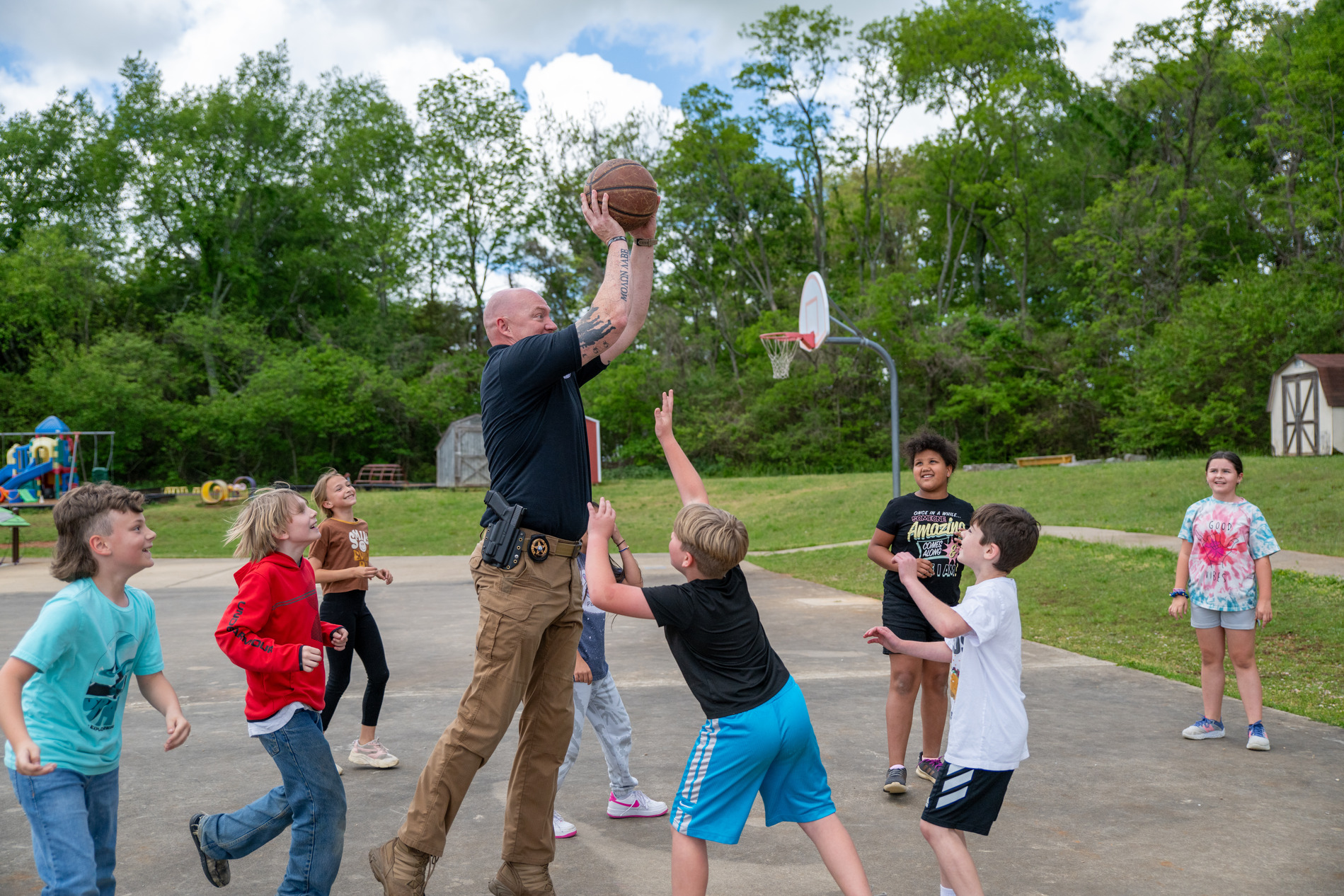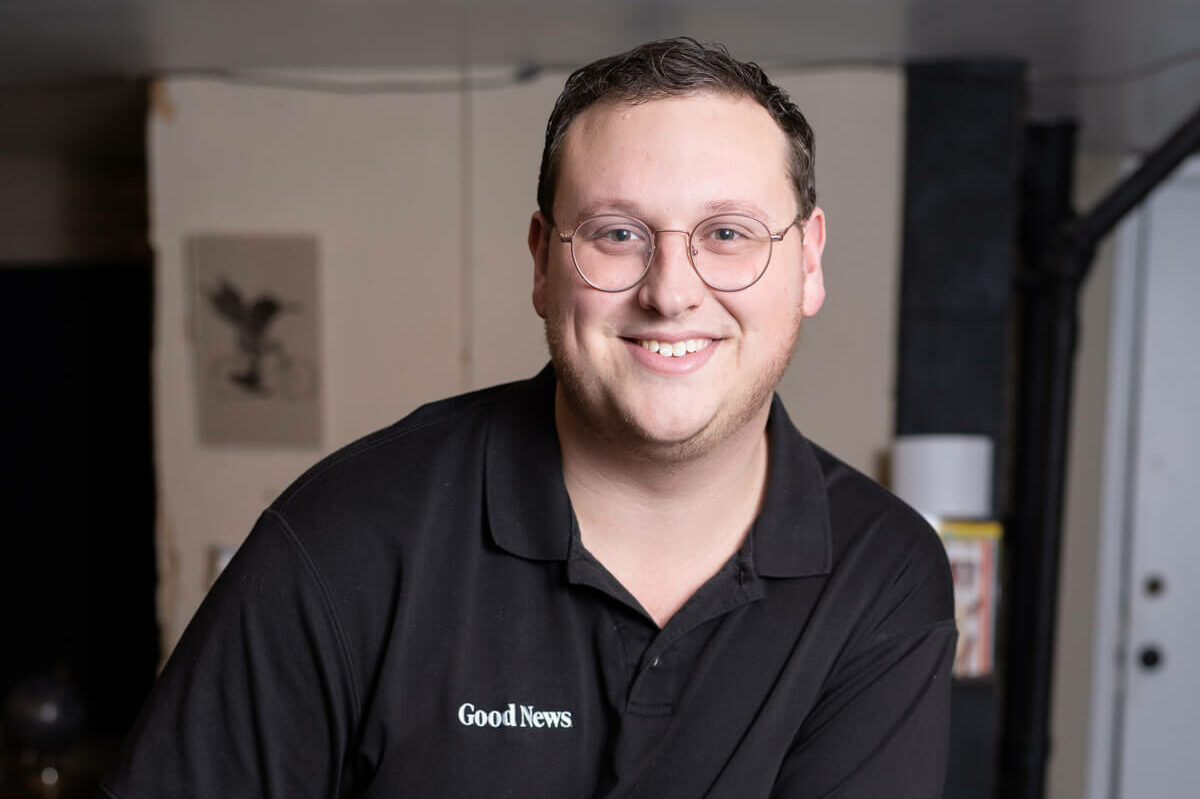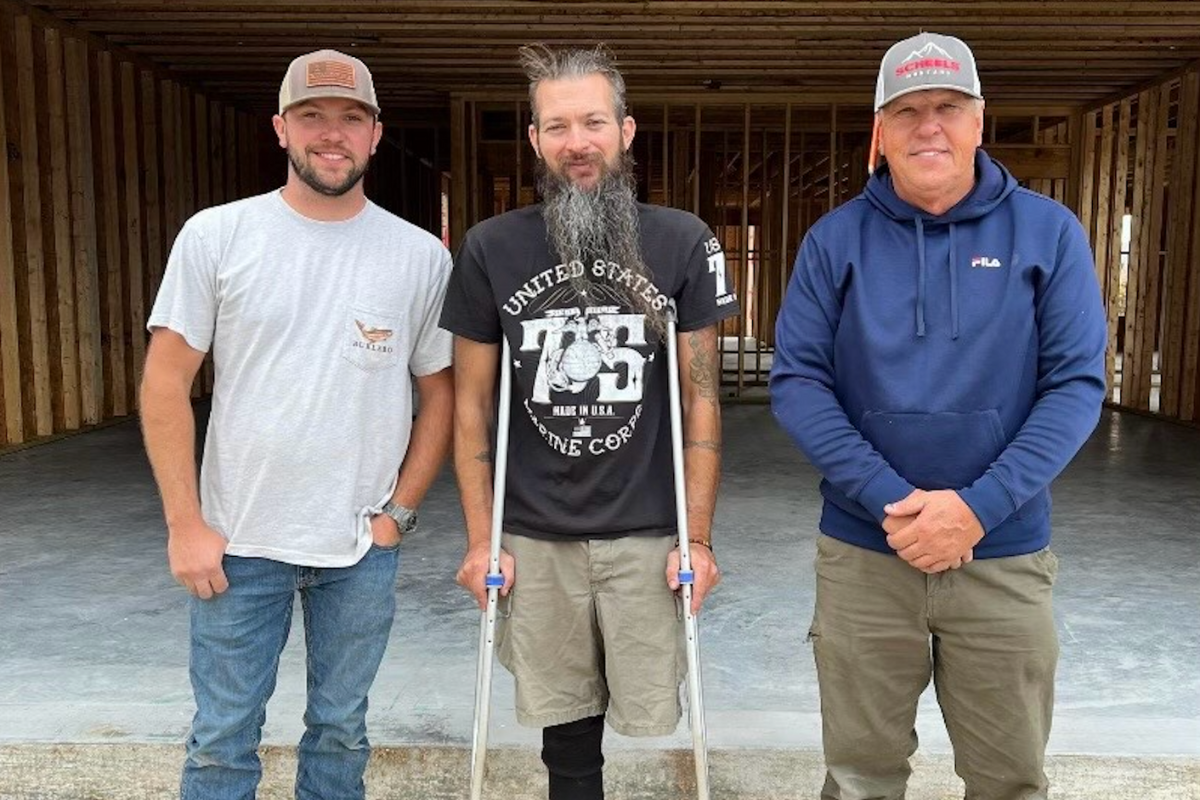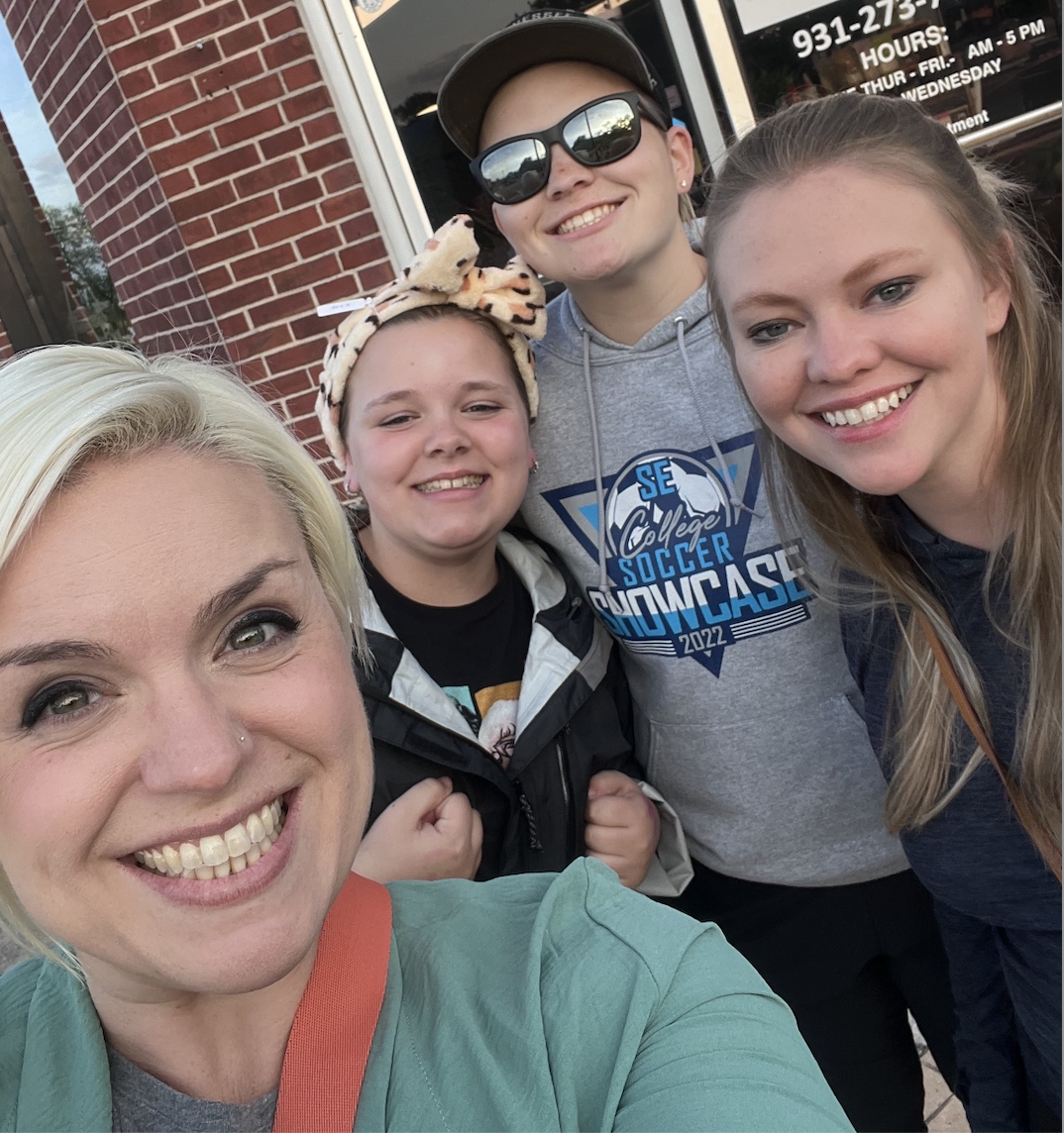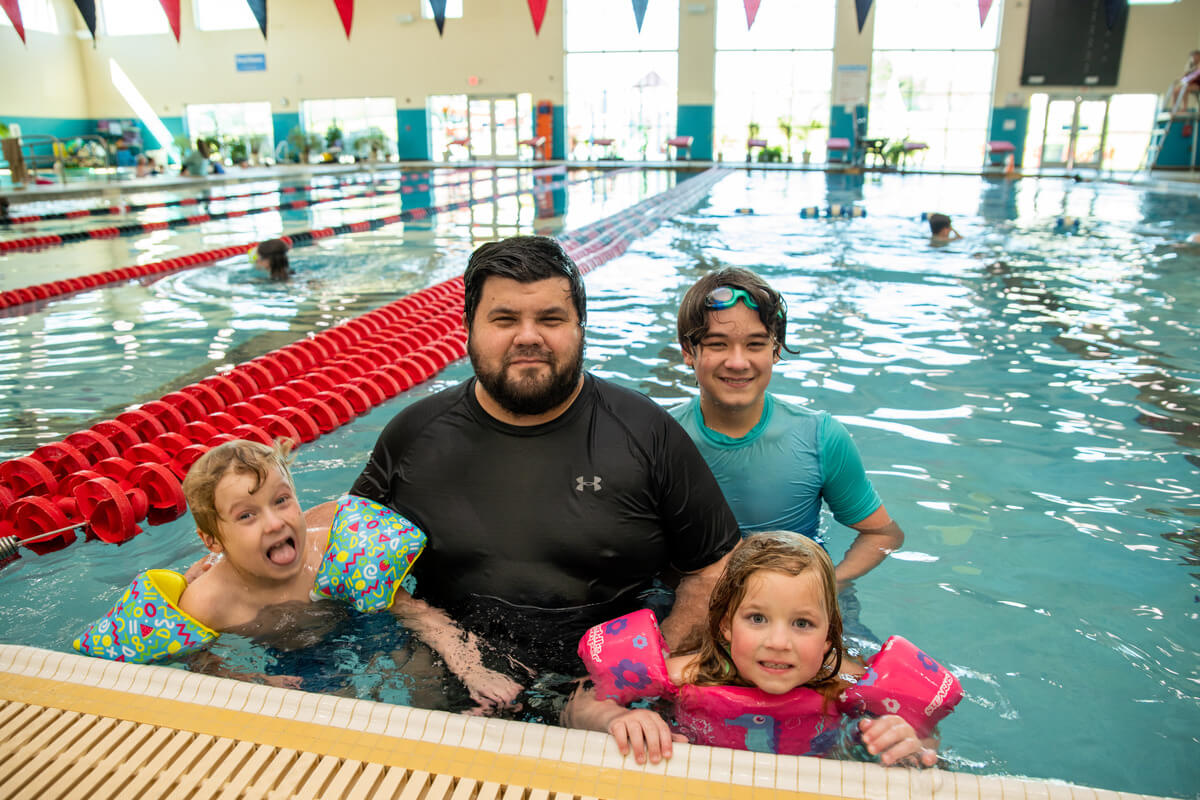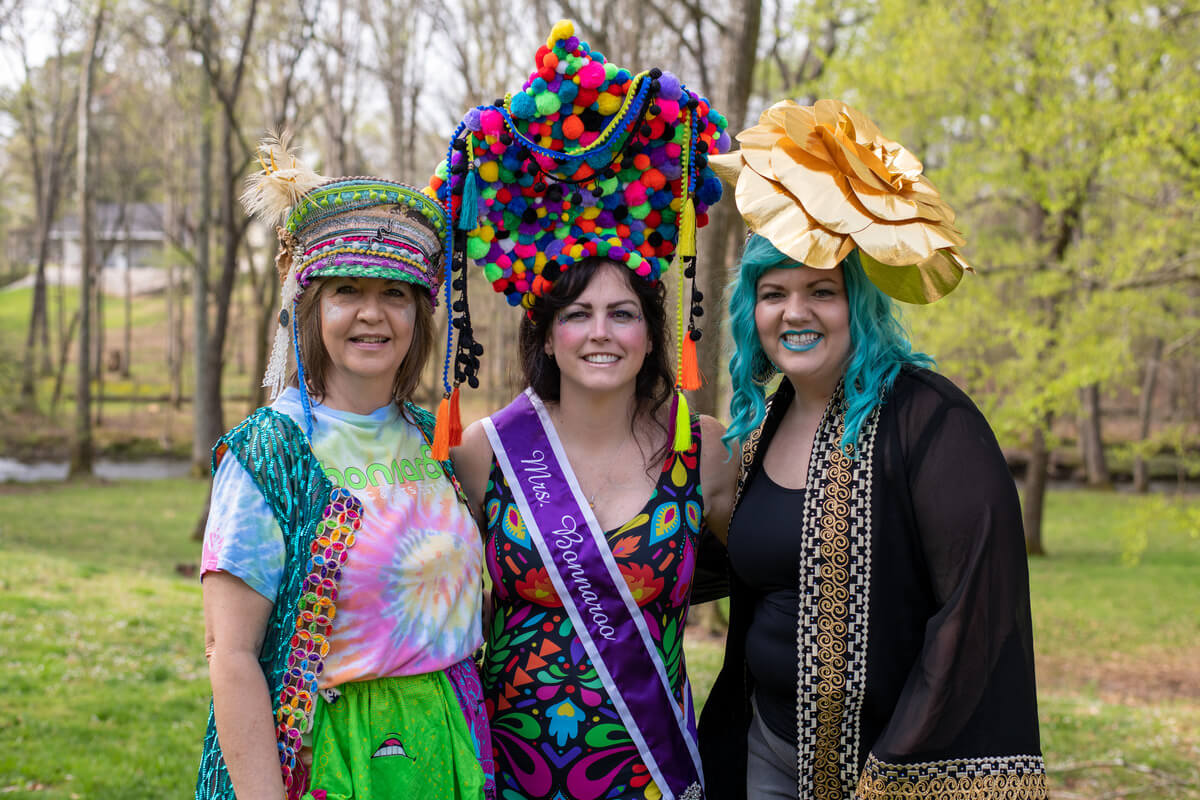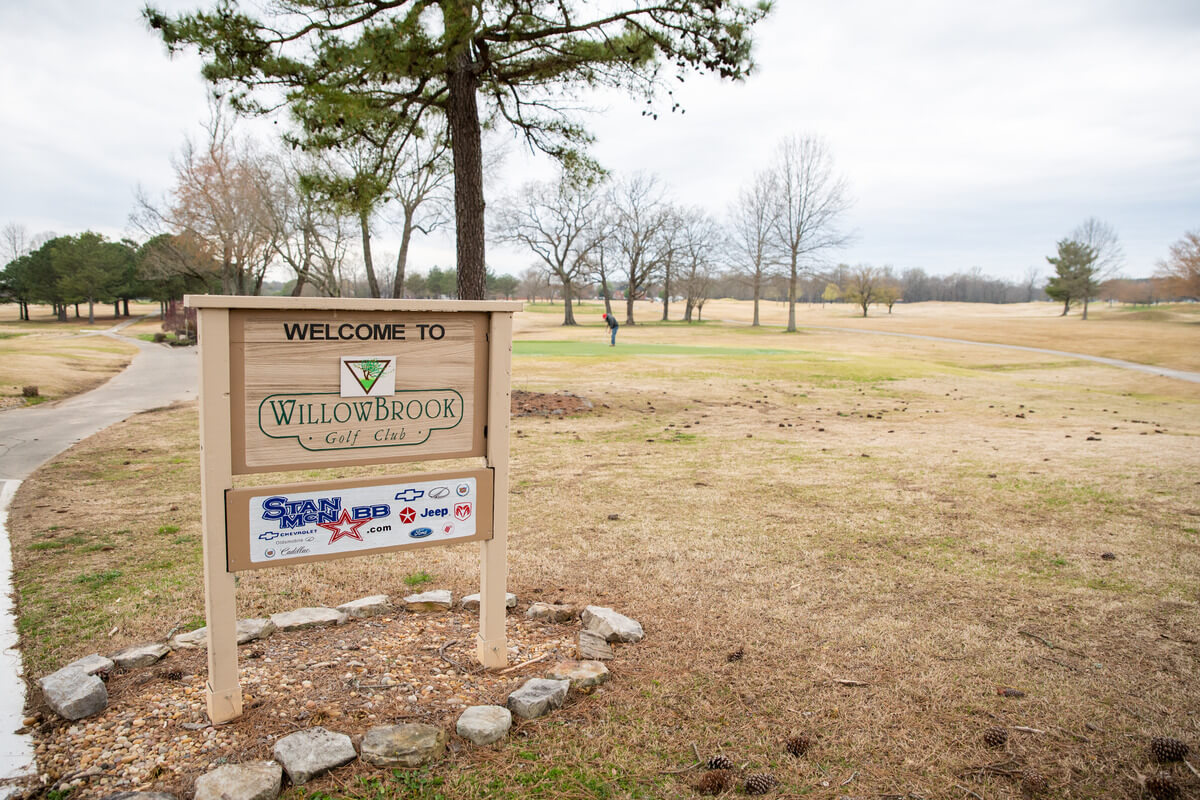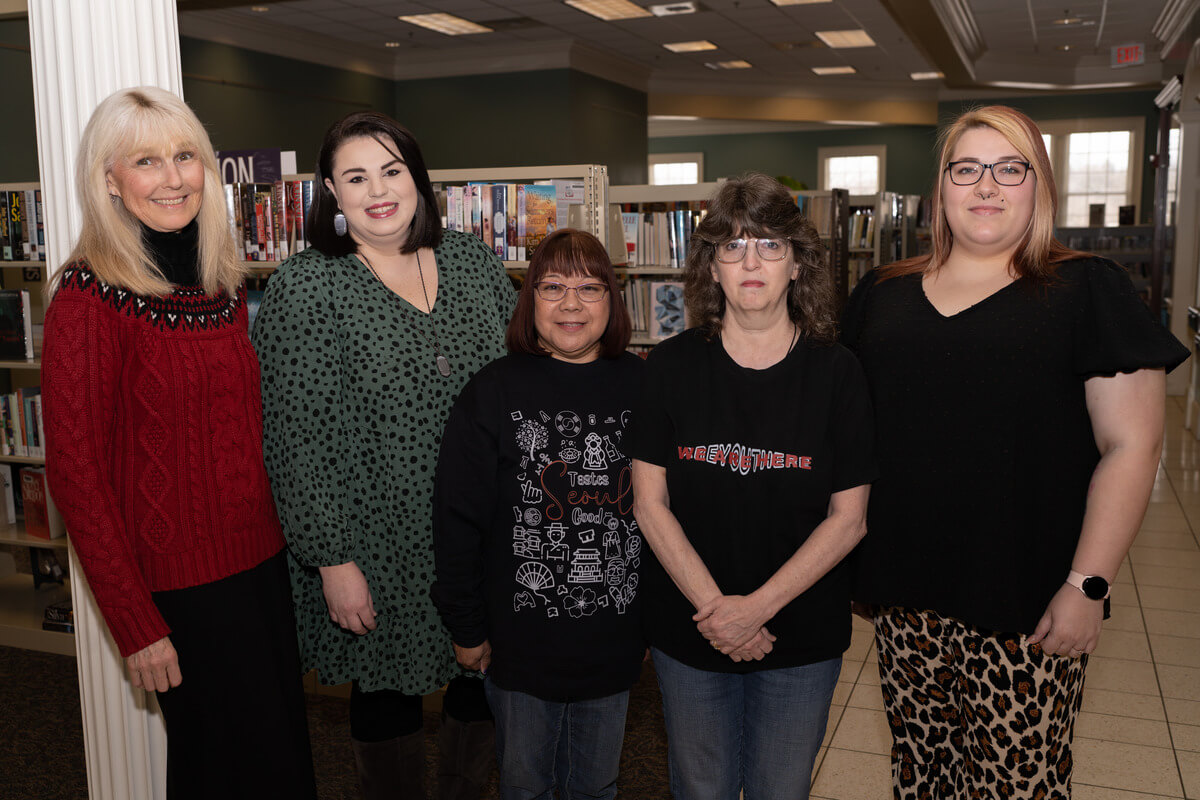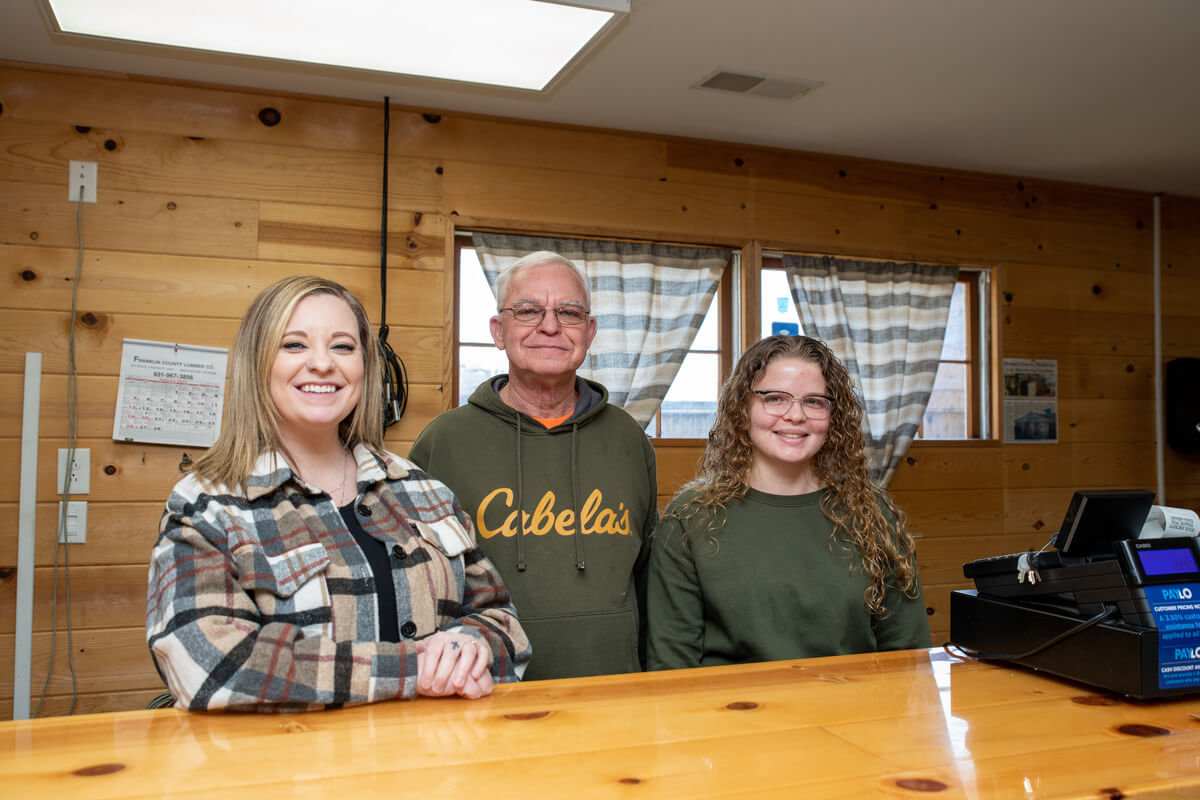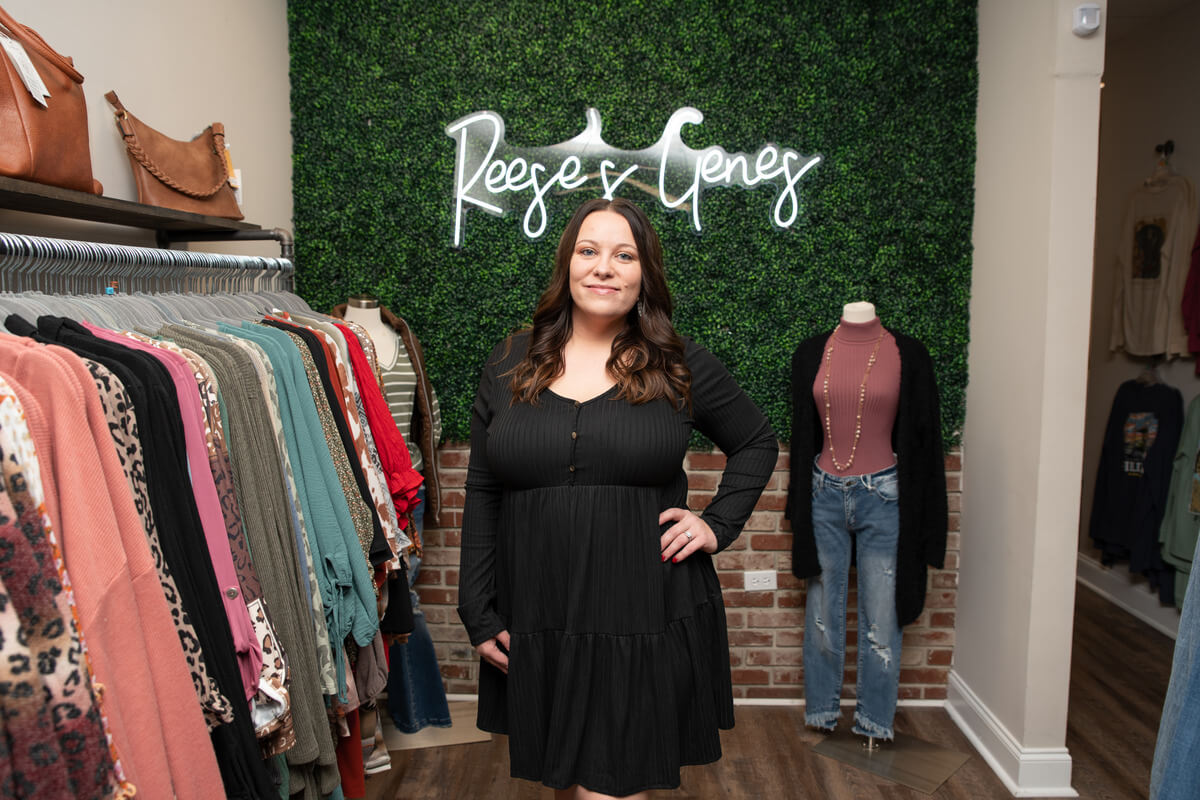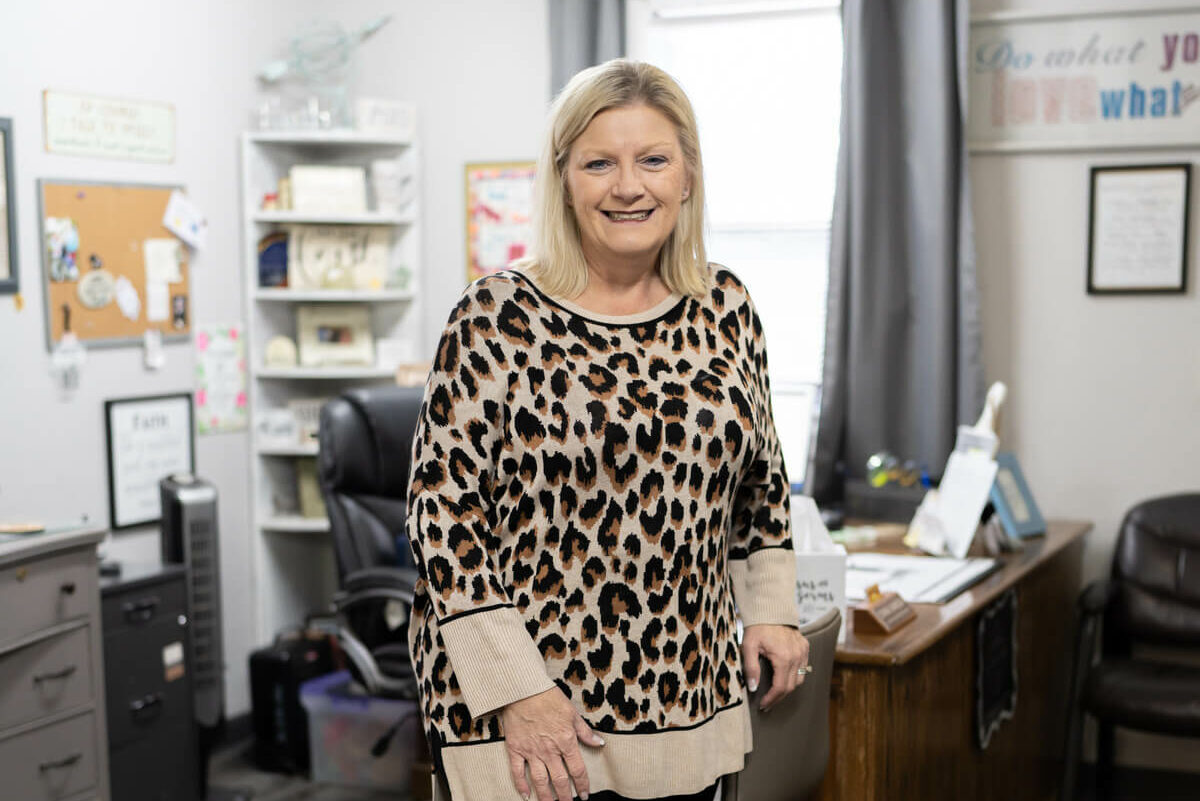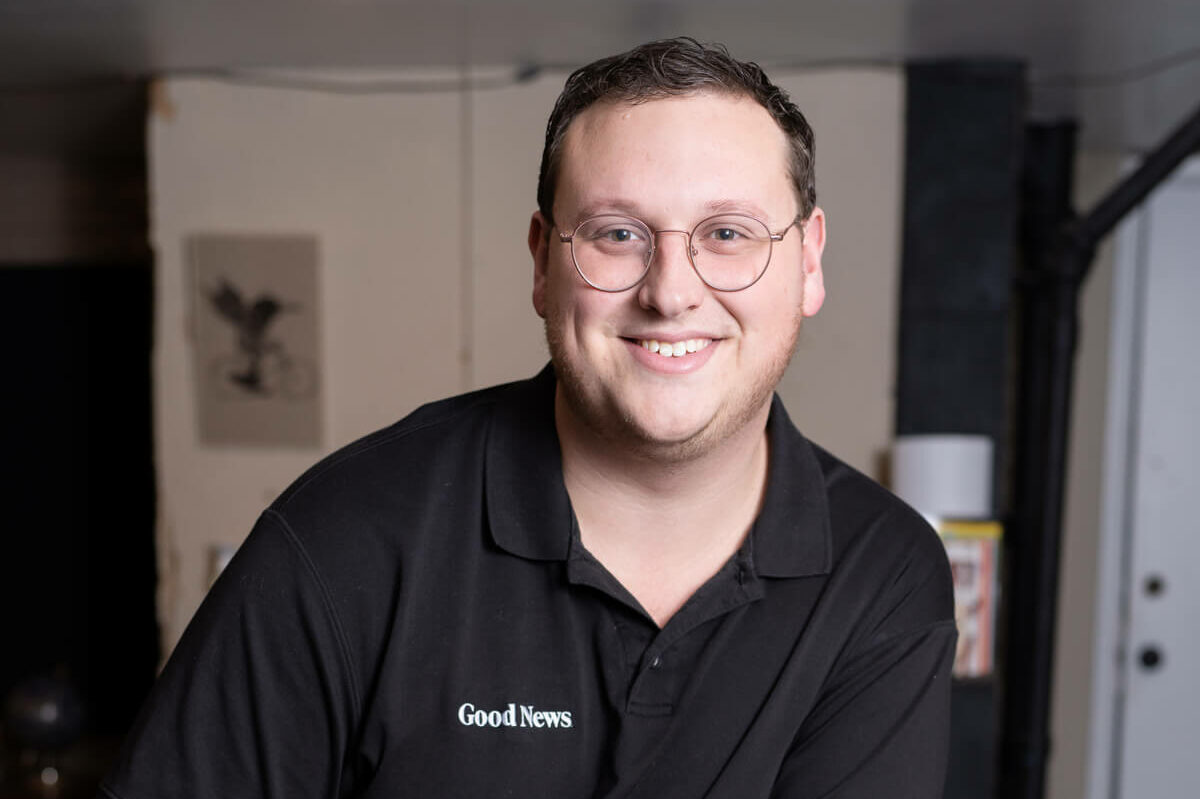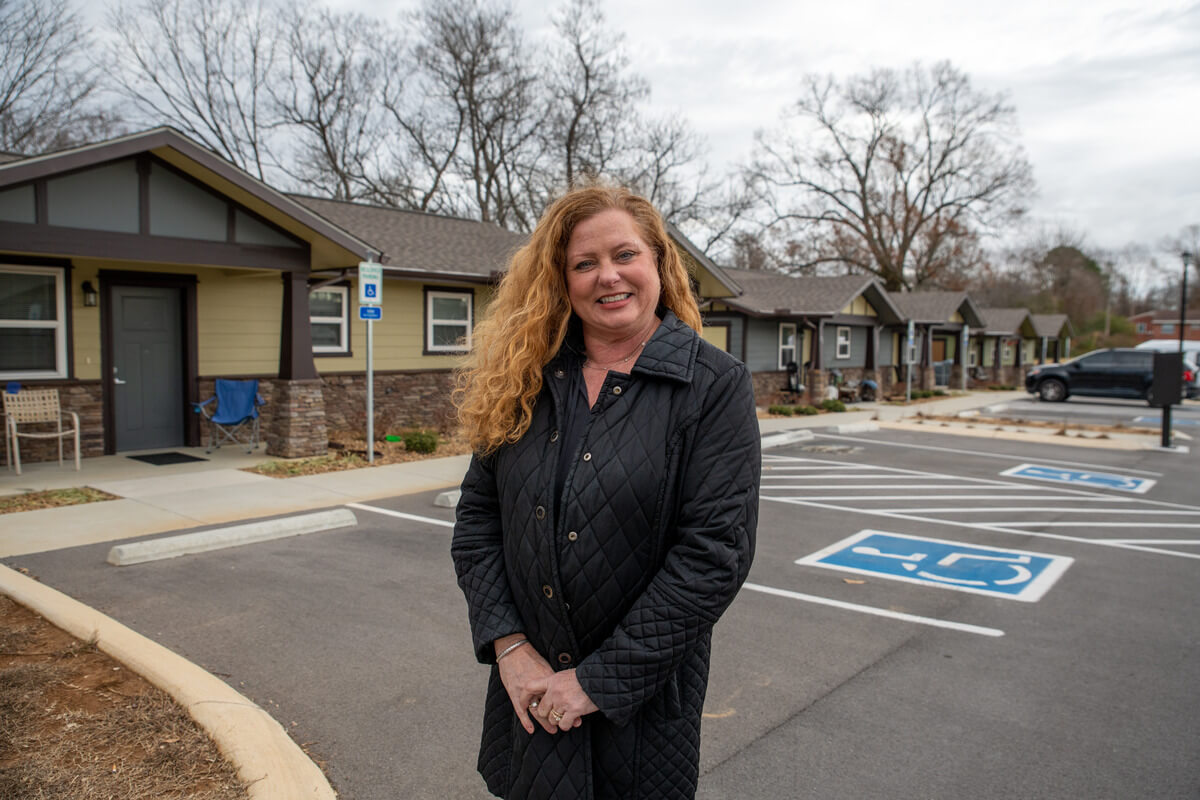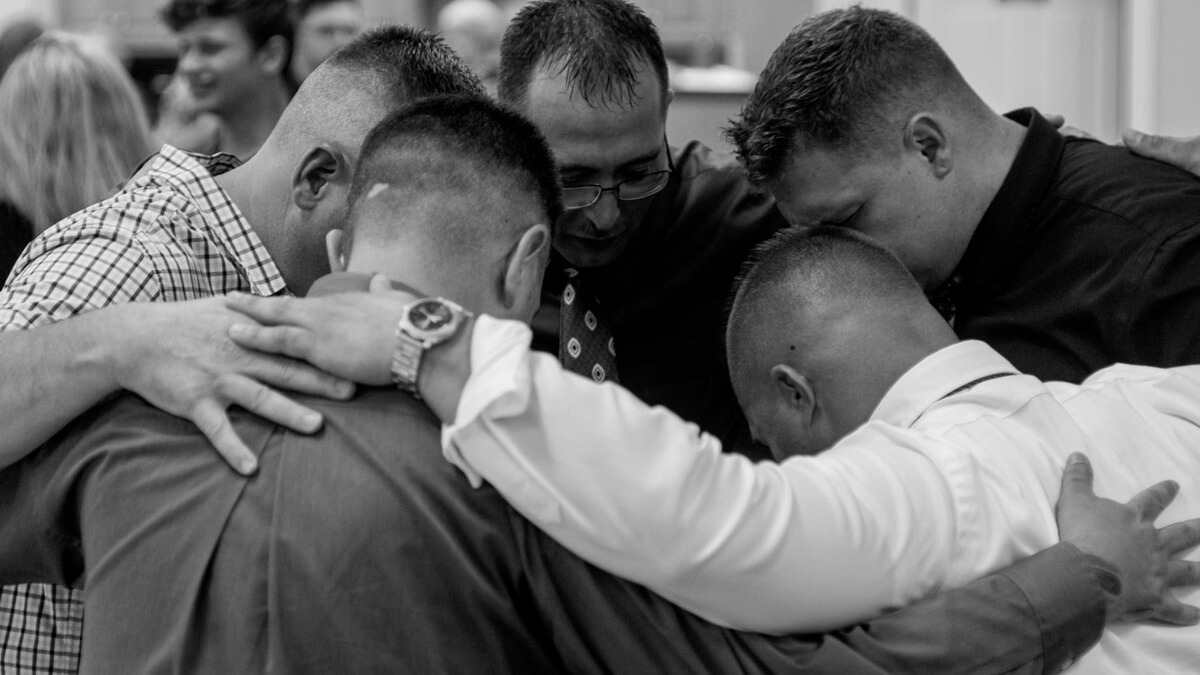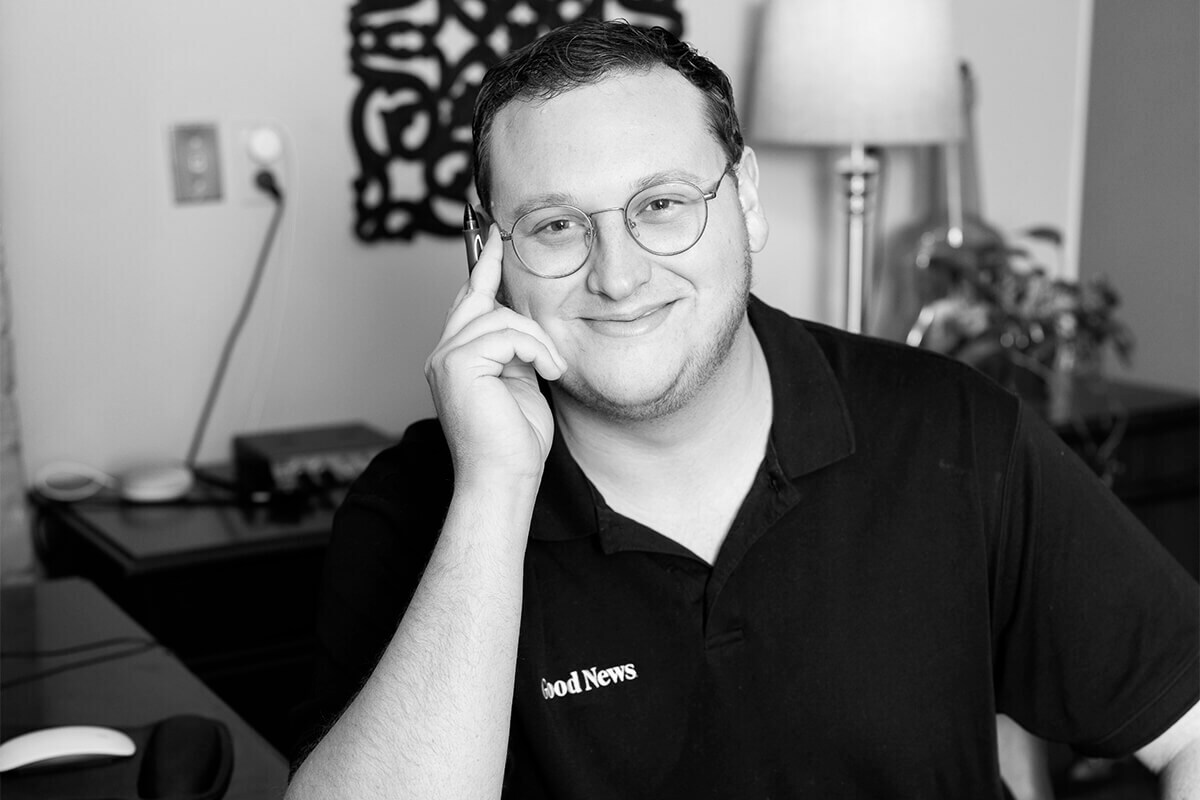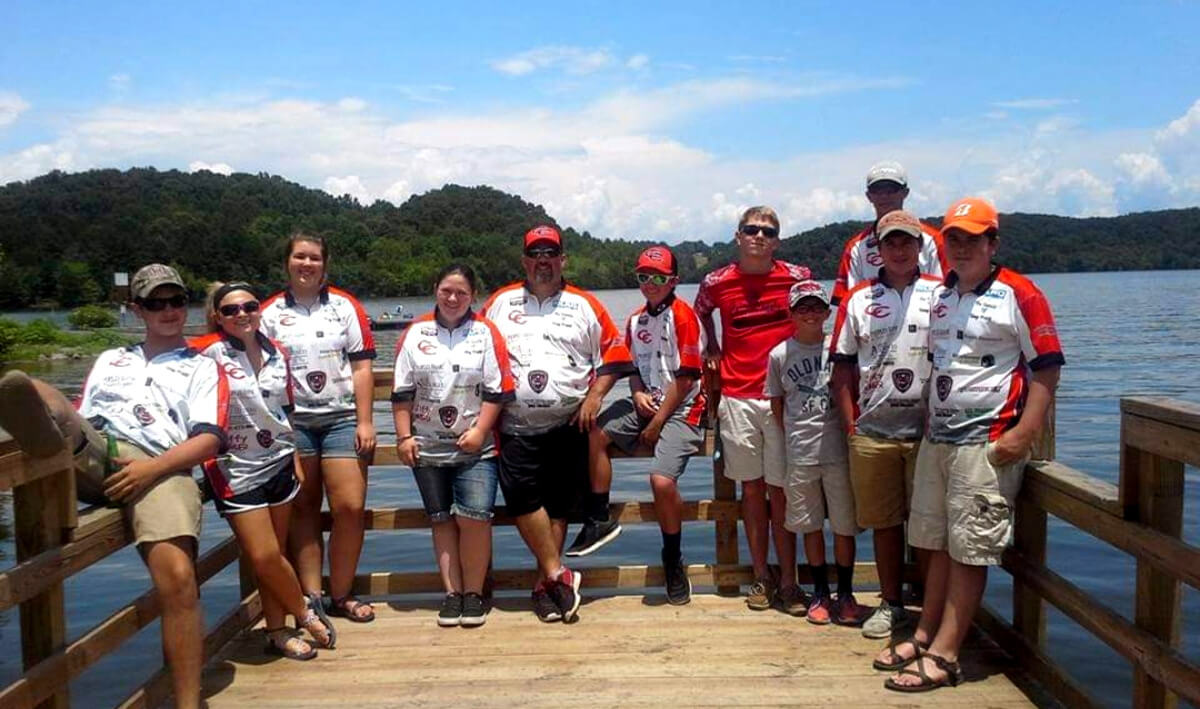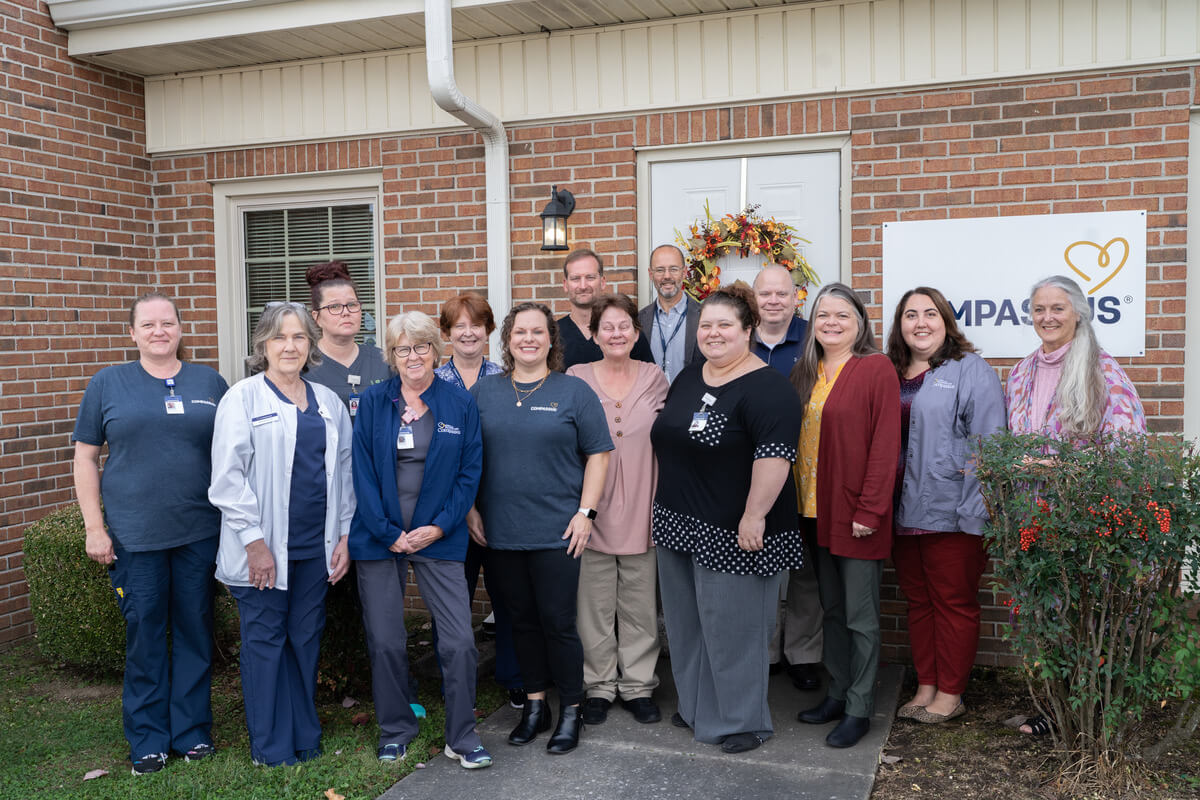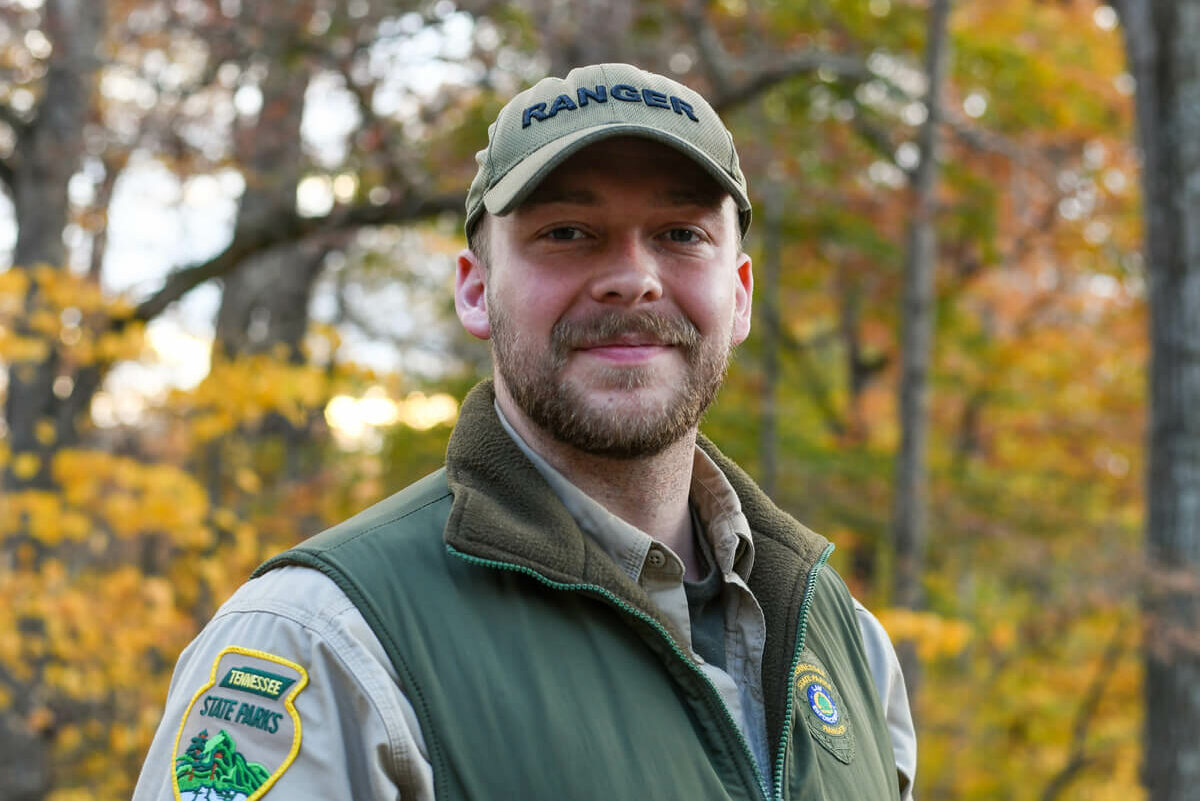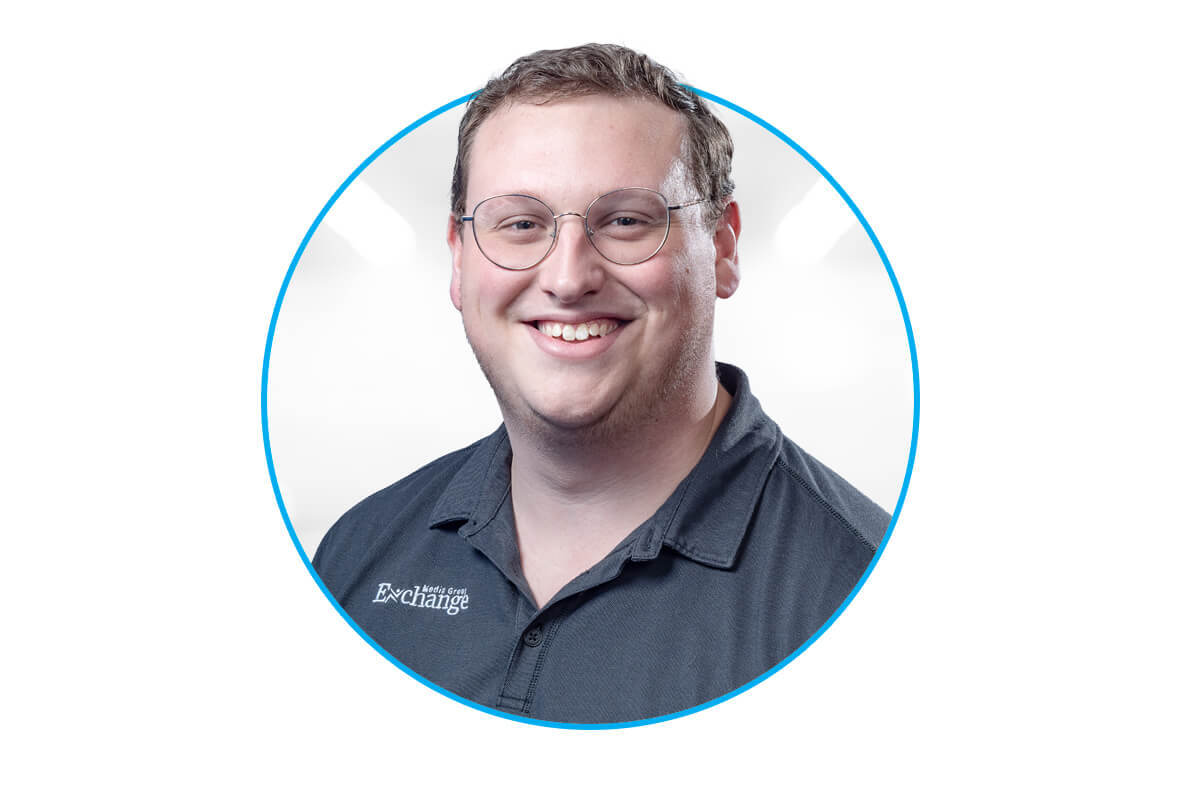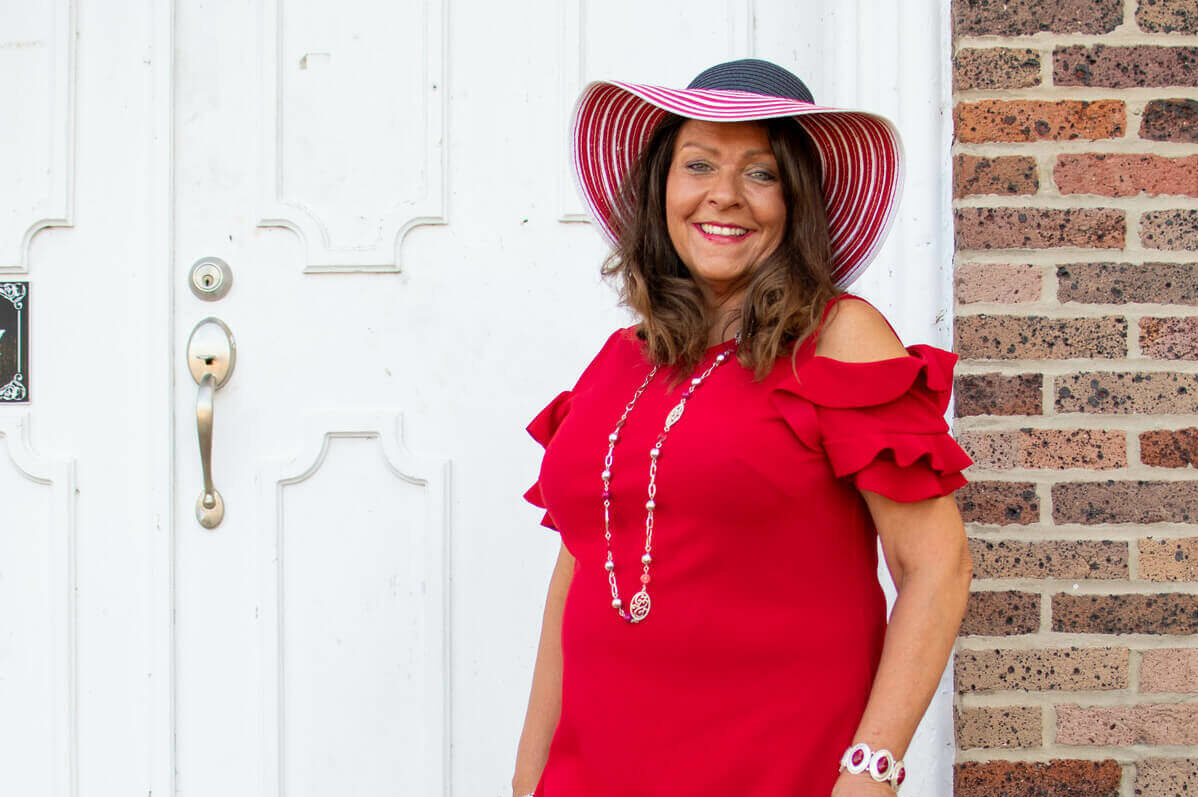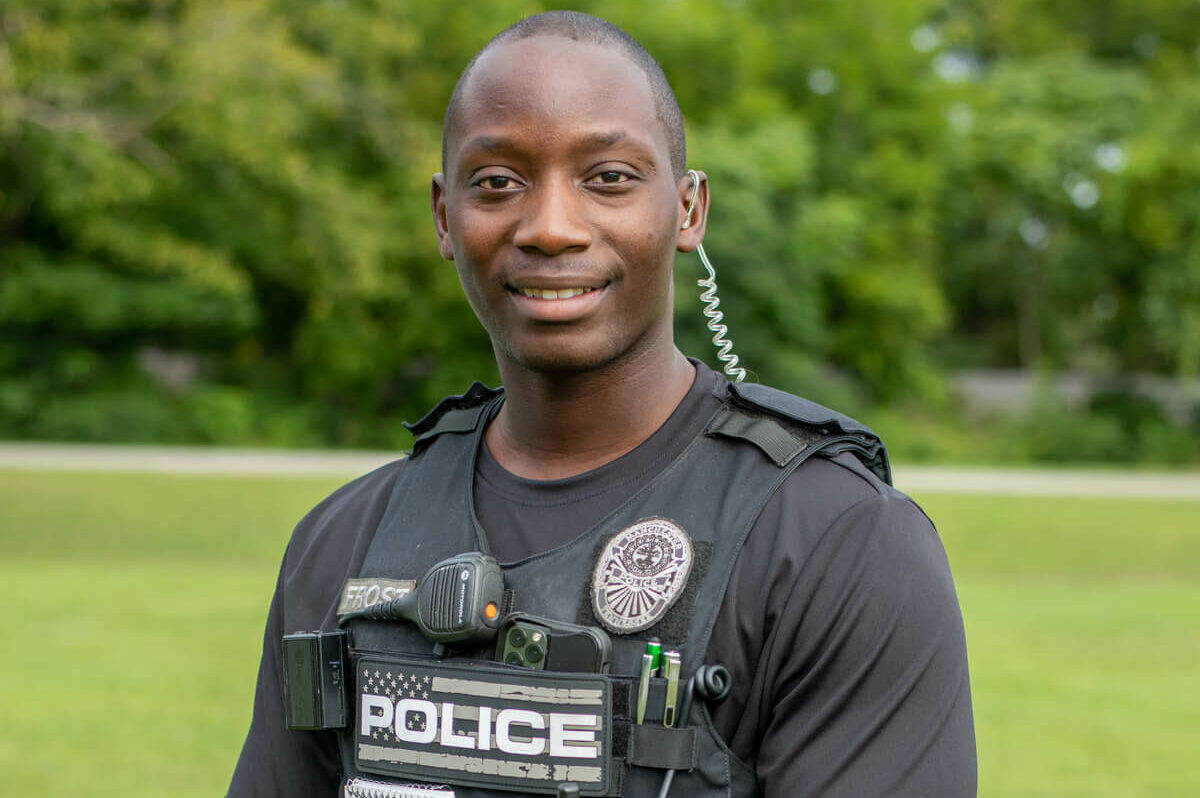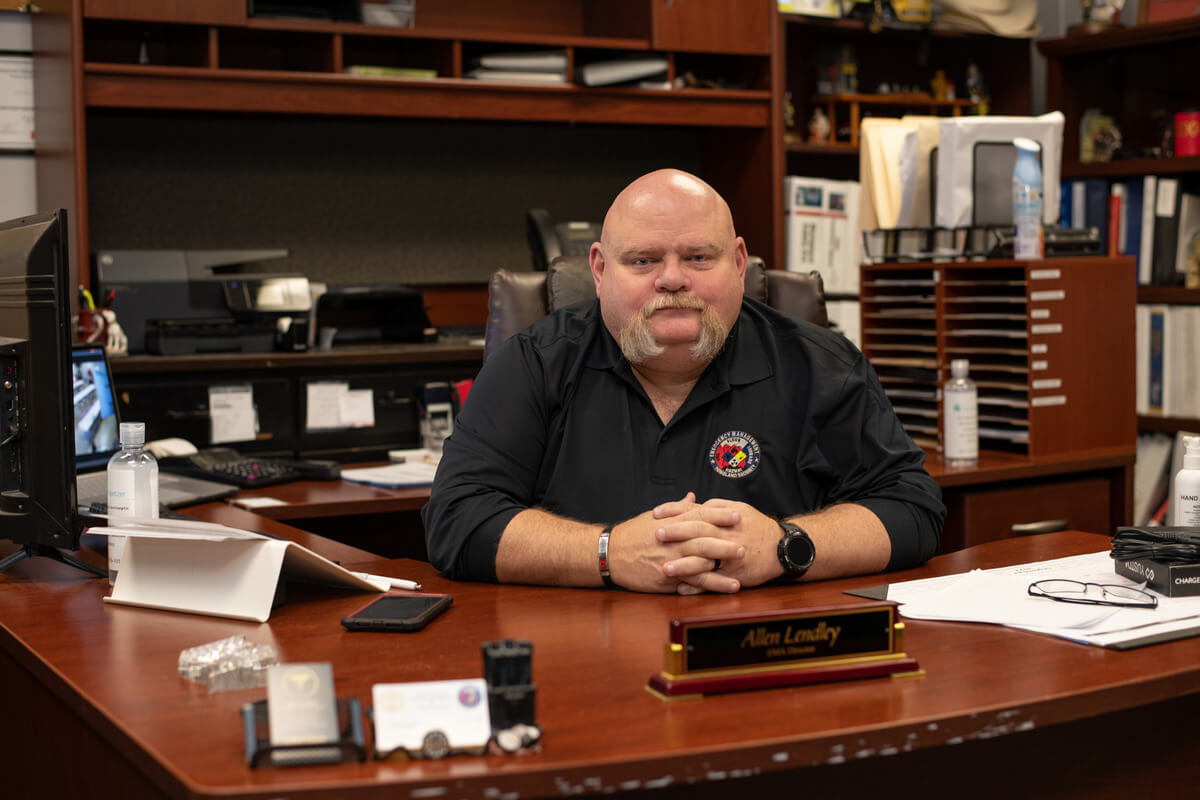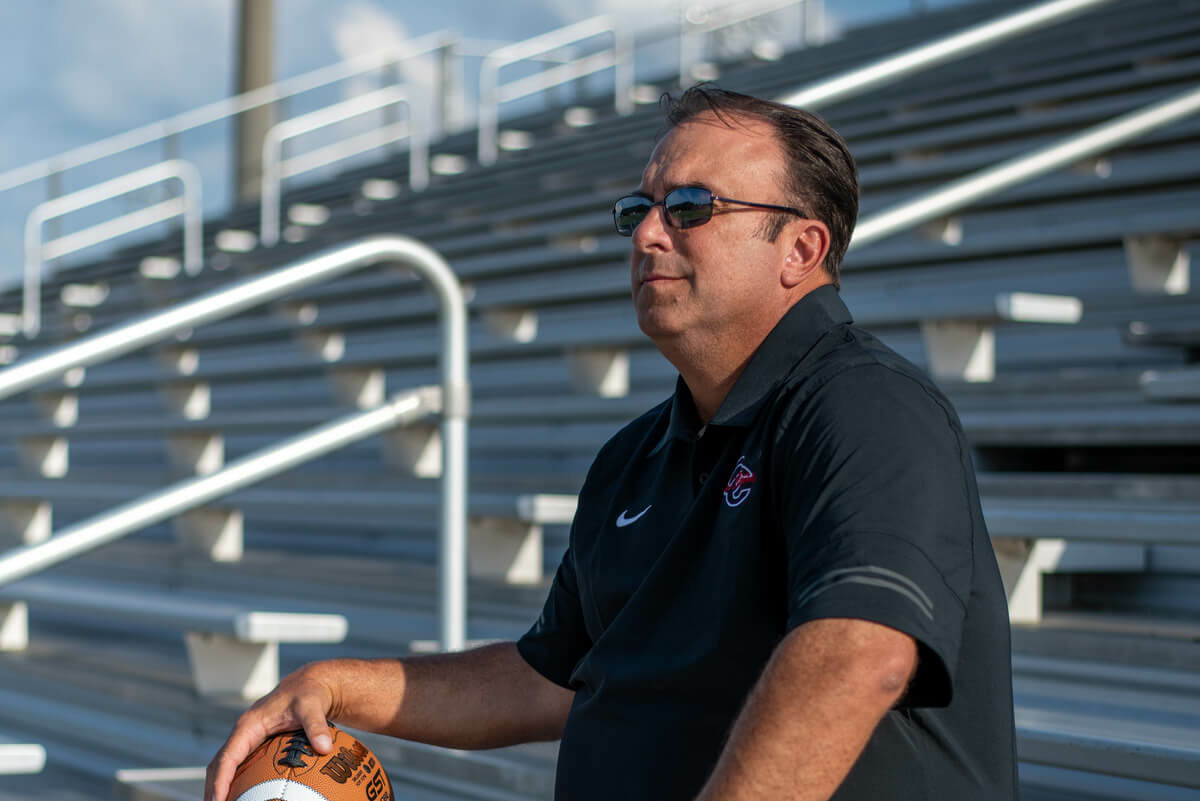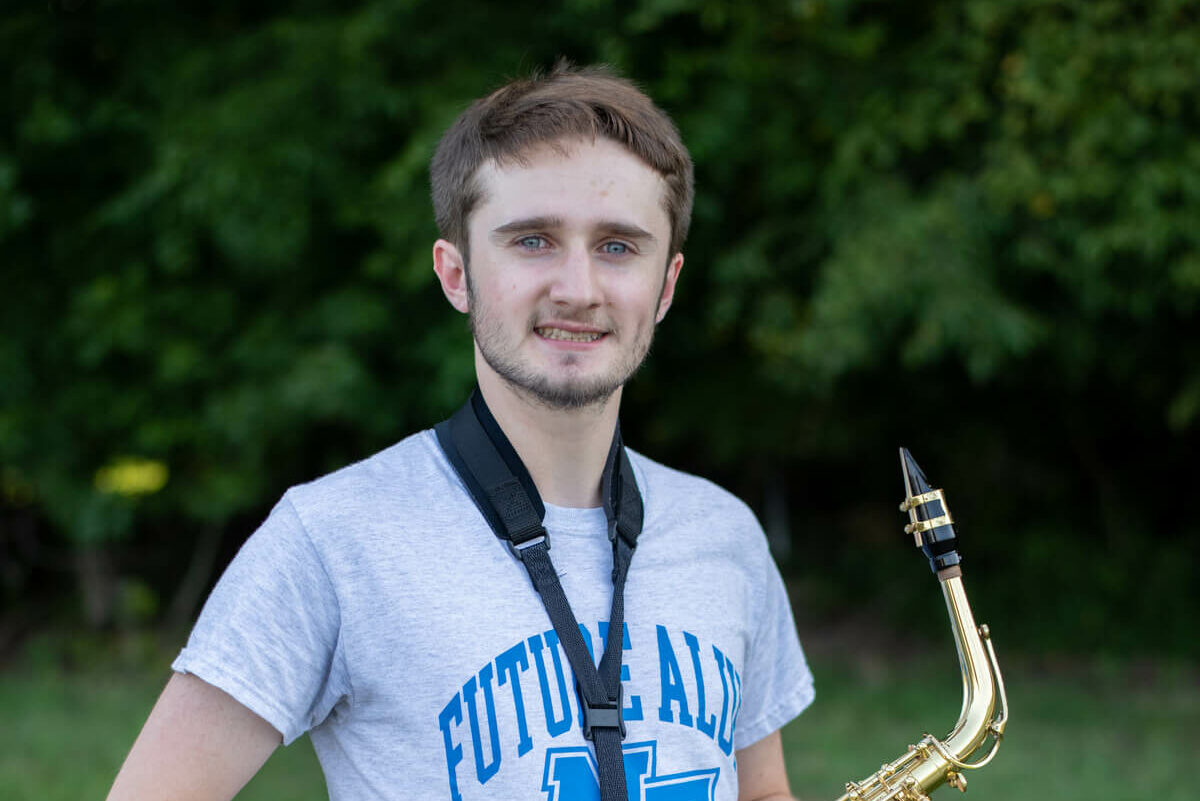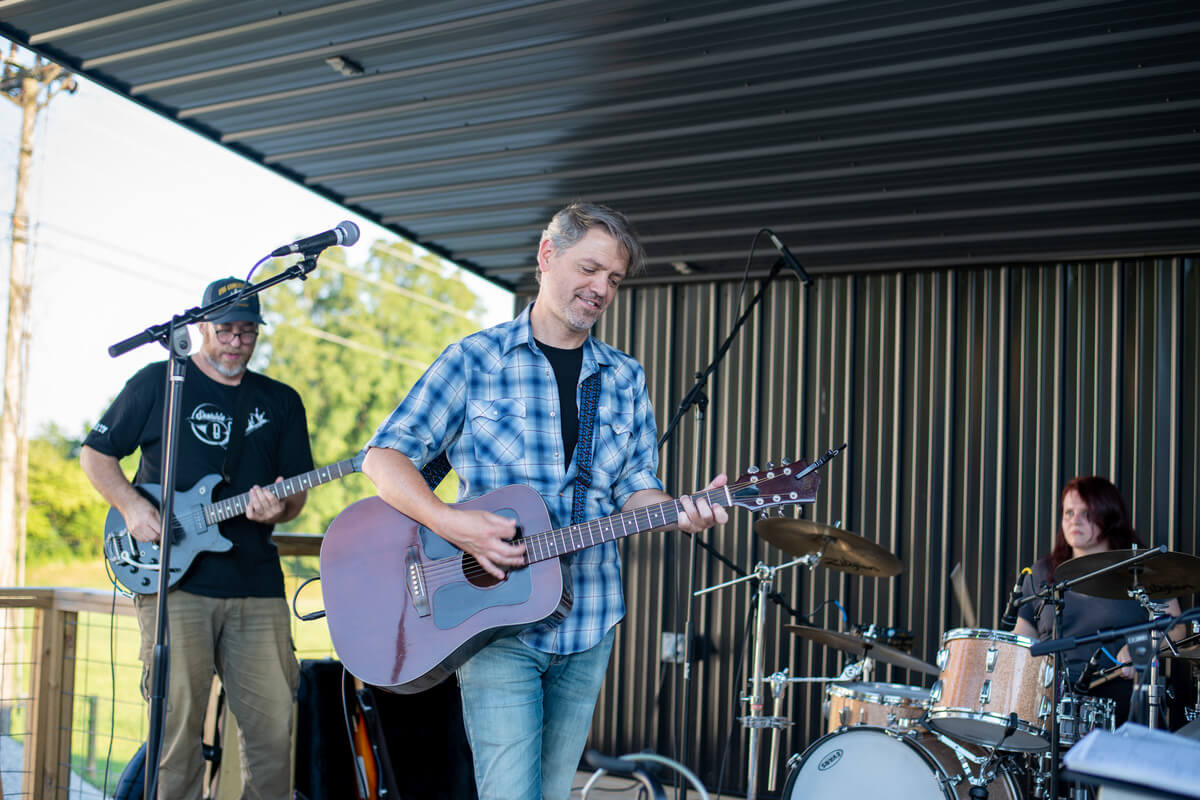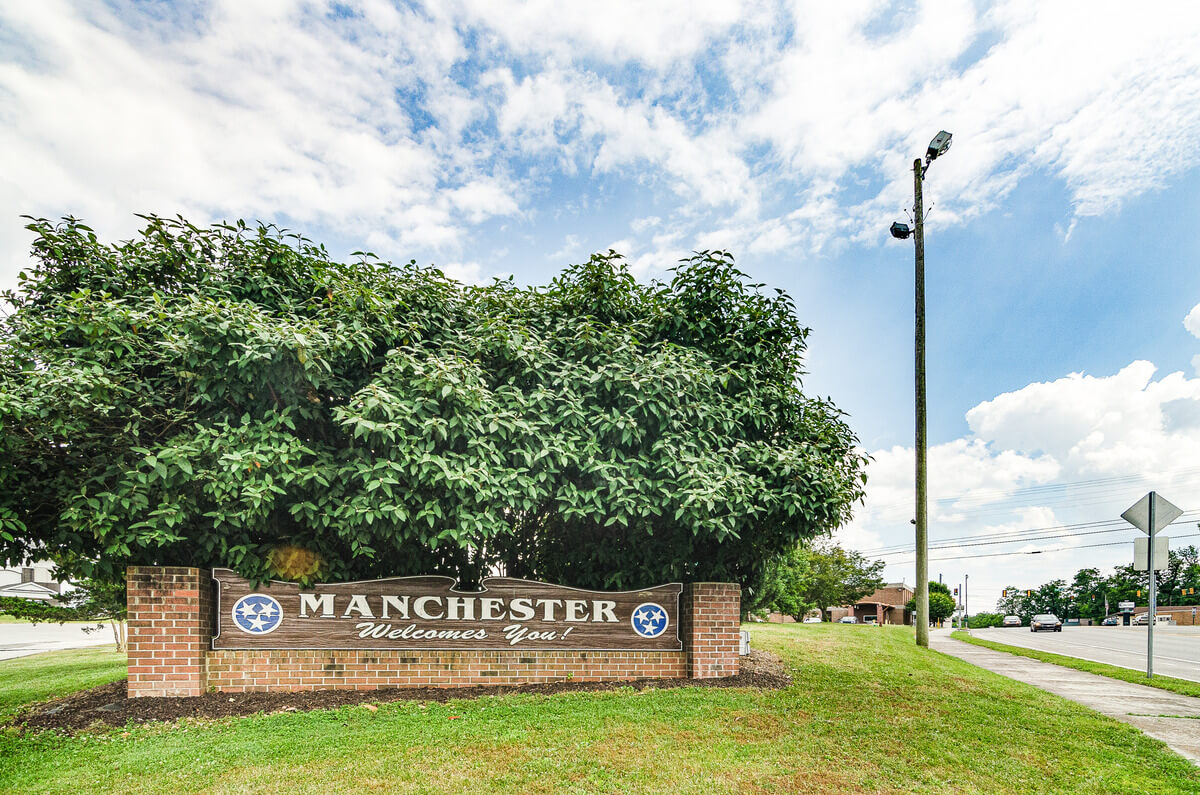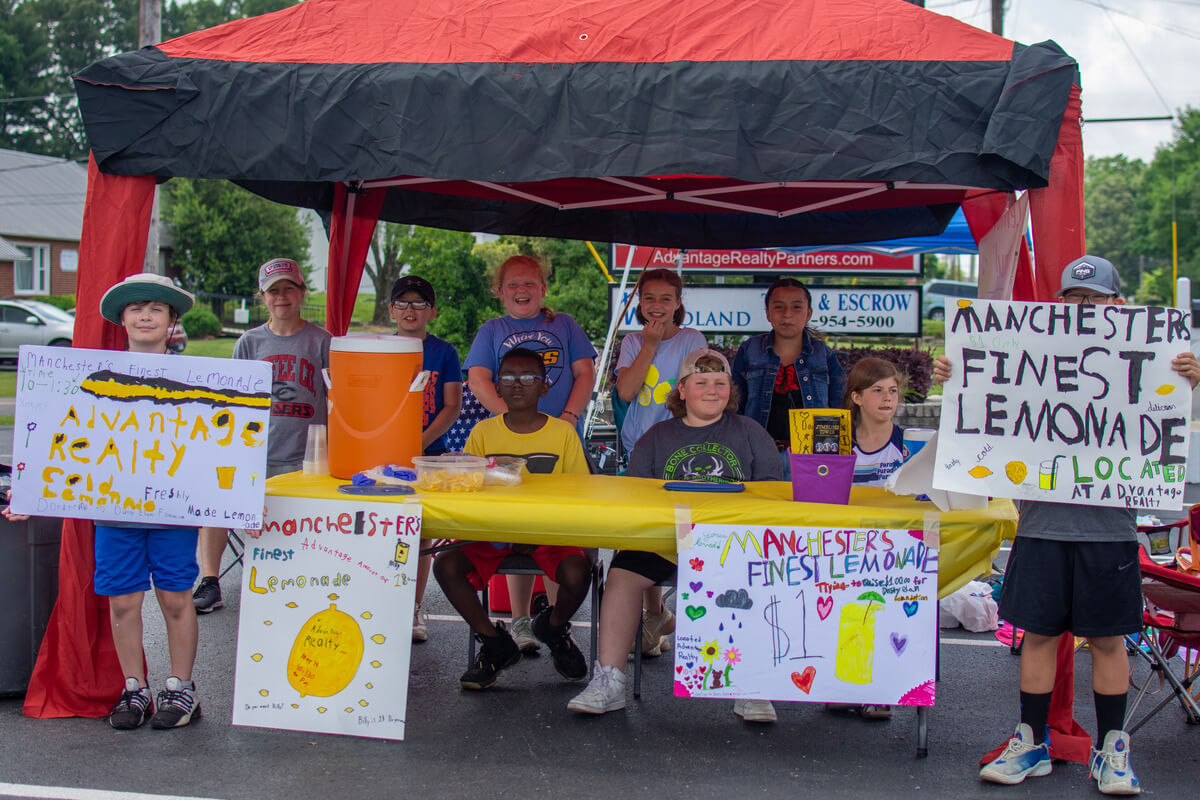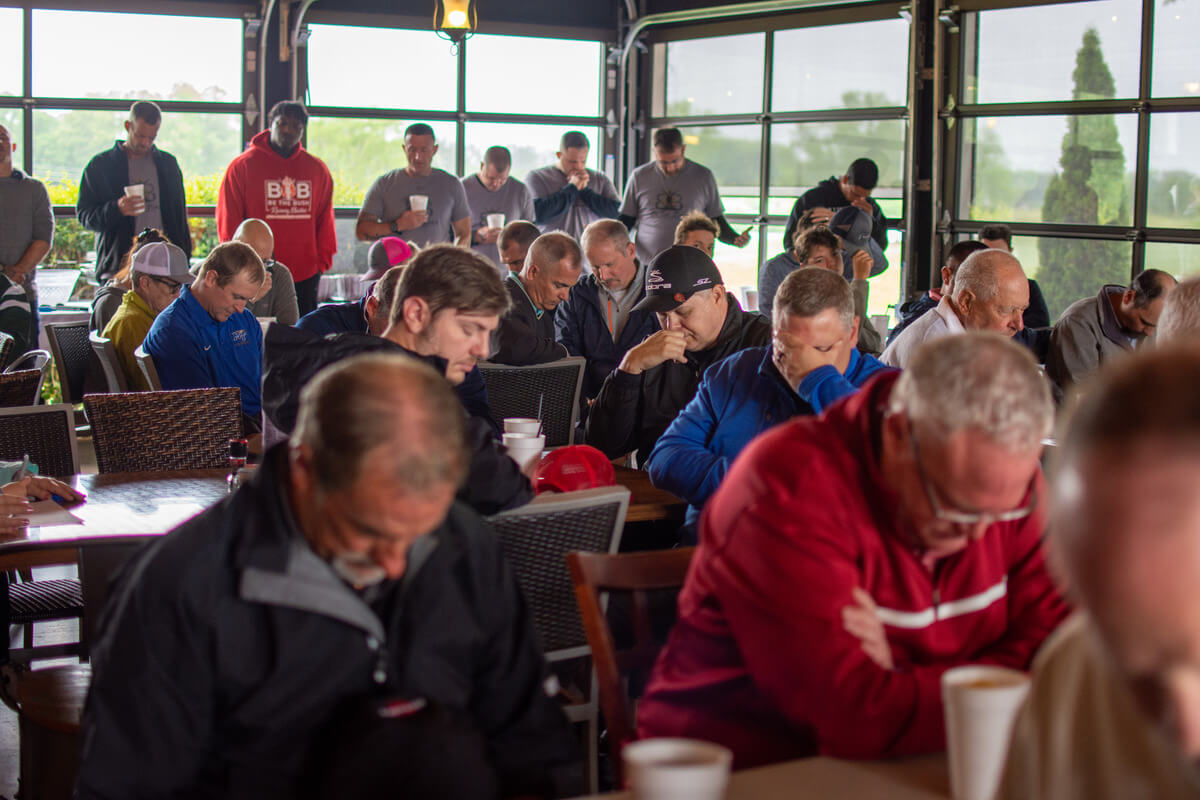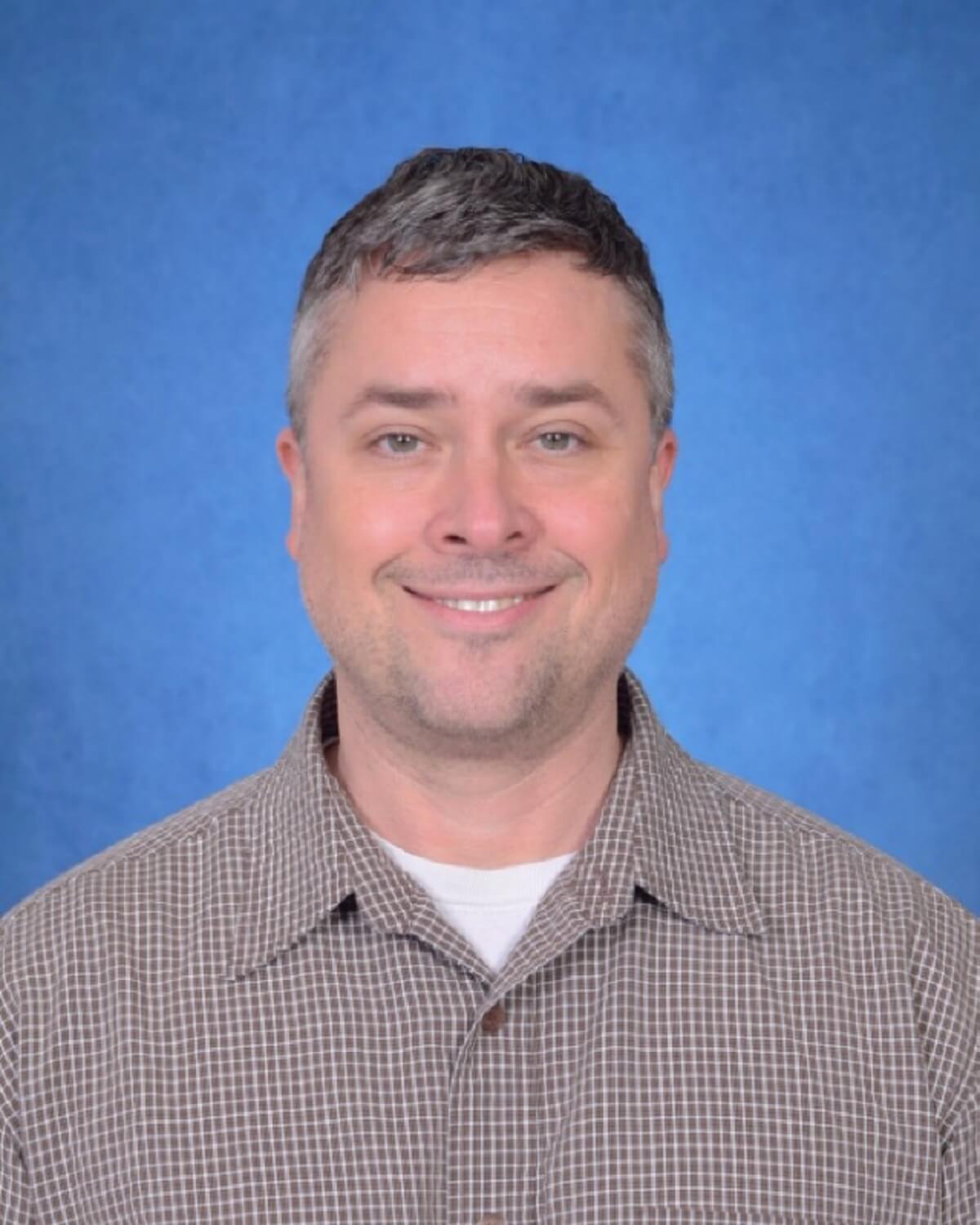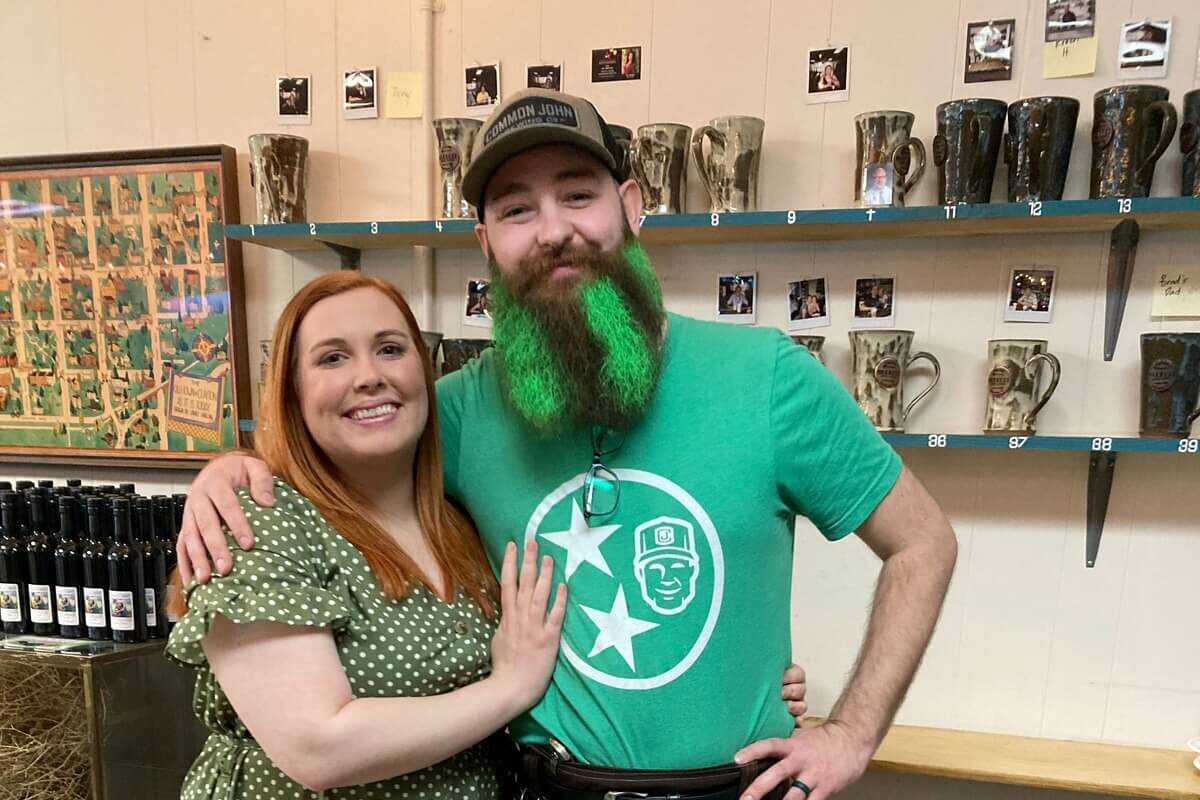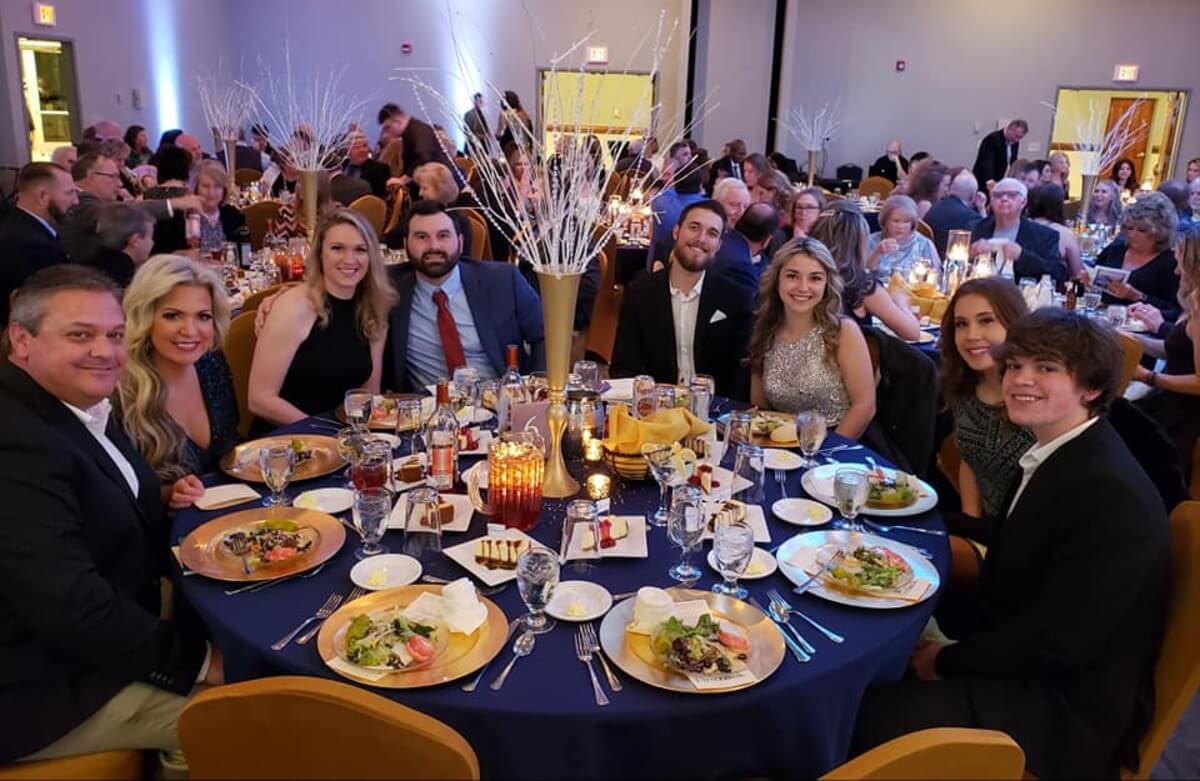IN THE dimly lit hallways of the Franklin County and Coffee County recovery courts, a new kind of hope now walks the halls where remnants of past mistakes once lingered. Allen Burnette was once trapped in the same cycle of addiction that brought many before him to the courts’ doors. But today, with the scars of that journey still present, he doesn’t run away from those memories. Instead, he uses them as tools to create a space for others to find their way back from the darkness. The Coffee County location was once closed, and its future was uncertain. Now, Burnette has revived it because he believes in the power of second chances.
A new chapter in the fight against addiction has begun in Middle Tennessee with the resurgence of the Coffee County Recovery Court. After being closed for months due to funding issues and other complications, the court reopened on May 13, 2024, under the leadership of someone who knows the road to recovery all too well.
Burnette, a Franklin County resident and graduate of the recovery court himself, has turned his battle with addiction into a mission to help others reclaim their lives from the clutches of substance abuse. His philosophy centers on the belief that everyone deserves a second chance. Burnette began working directly with the Franklin County Prevention Coalition until he became a Coffee County Recovery Court director. His goal is to offer the same opportunity for a fresh start to those struggling with substance abuse.
The Coffee County Recovery Court, originally launched in 2005, was designed to help individuals whose criminal behavior results from their alcohol and drug use. Instead of facing incarceration, participants receive structure, support, and treatment to break cycles of addiction, reduce recidivism, and ultimately strengthen the community.
Burnette, who entered Franklin County’s recovery court 18 years ago, is personally connected to the program. His battle with substance abuse spanned more than two decades, leading to numerous legal troubles and eventually forcing him to choose between a four-year prison sentence or 90 days in jail followed by four years of supervised recovery. He opted for the latter.

“I was tired of running,” Burnette said. “It was either four years in prison or 90 days in jail with four years of probation in the recovery court program. That choice was easy for me.”
Although he had spent time in jail before, something shifted inside him during this particular incarceration. During his first week, a fellow inmate handed him a Bible. Although reluctant at first, Burnette began reading it and soon found hope that had eluded him for years. The more he read, the brighter that hope grew.
“As I started reading, I got a little ray of light, and that light represented hope to me,” Burnette said. “That was something I hadn’t seen in over 20 years.”
He began sharing what he learned with other inmates, helping them while reaffirming his own path toward healing.
Burnette sobered up and experienced what he calls a “behavioral health change” after he realized that recovery involved staying sober but also rebuilding his relationship with himself and with God. Recovery, he said, is not a linear process. He spent 90 days in a treatment facility, learning about self-love and how to make better choices.

“I worked out plans in my head for how I would handle situations if they arose,” he said. “When they did, it made it easier for me to navigate them because I had already thought them through.”
Burnette’s strategic measures and intention helped him overcome adversity. Today, he describes himself as one of the wealthiest people in the world, not in material possessions, but in the peace, freedom, and joy he has gained in recovery.
Now as director of the Coffee County Recovery Court, Burnette uses his experience to connect with participants on a level few others can. He understands the shame, guilt, and fear that often come with addiction but also knows the unparalleled sense of accomplishment that comes from overcoming those feelings and rebuilding one’s life. Second chances allow people to rebuild relationships, find stability, and even become role models for others.
“The same people who locked me up would call me from their personal phones to get individuals into treatment,” Burnette said. “That was a huge way of reducing stigma.”
Burnette’s work doesn’t stop with the recovery court. In 2013, he joined the Tennessee Department of Mental Health and Substance Abuse Services as a Lifeline coordinator, covering 13 counties in South Central Tennessee. His efforts led to the creation of prevention coalitions, recovery courts, and events like Recovery Fest across Middle Tennessee.

Through his work, Burnette has connected with judges, law enforcement, and probation officers, advocating for addiction to be treated as a disease rather than a crime.
“The resources that helped me didn’t exist in these communities,” Burnette said. “By being a face and voice of someone in long-term recovery, I started implementing the things that helped me into those communities. People became interested because they had loved ones struggling as well.”
His goal has always been to reduce the stigma associated with addiction by sharing his story and encouraging others to seek help. Over the years, recovery meetings have multiplied across rural Tennessee, giving individuals the support they need to maintain sobriety. His actions have directly led to the referral of thousands of people into treatment programs, helping them take their first steps toward recovery.
When people are given the opportunity to turn their lives around, it creates a domino effect of positive change, Burnette said — fewer crimes, stronger families, and healthier communities. Burnette hopes to see communities where second chances are not the exception but the expectation. His advocacy for prevention and recovery reveals his belief in redemption and supporting people before they reach a crisis point. His work, which continues to change lives all over Middle Tennessee, helps individuals find their inner light and provides them with the second chance they truly deserve. GN









